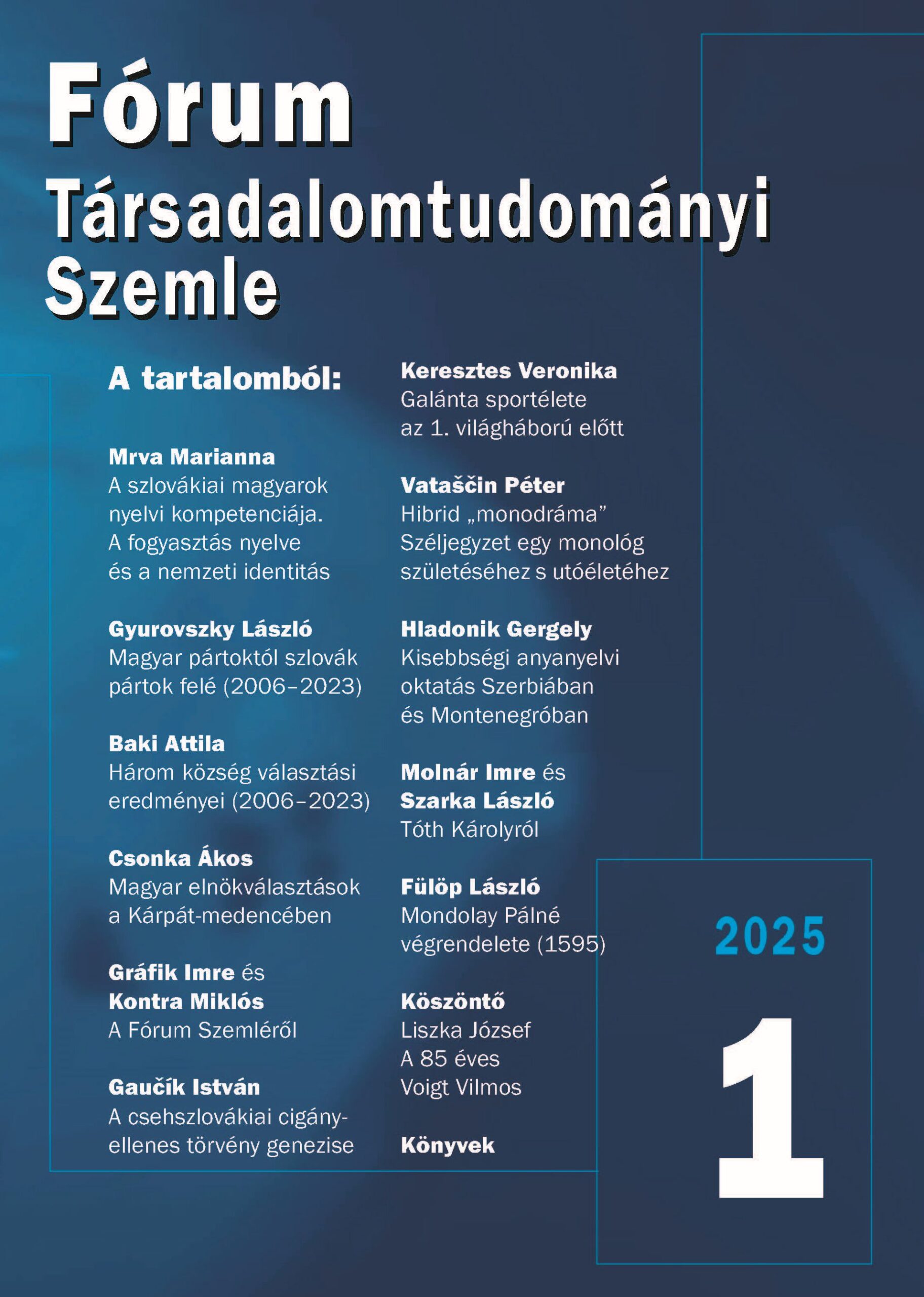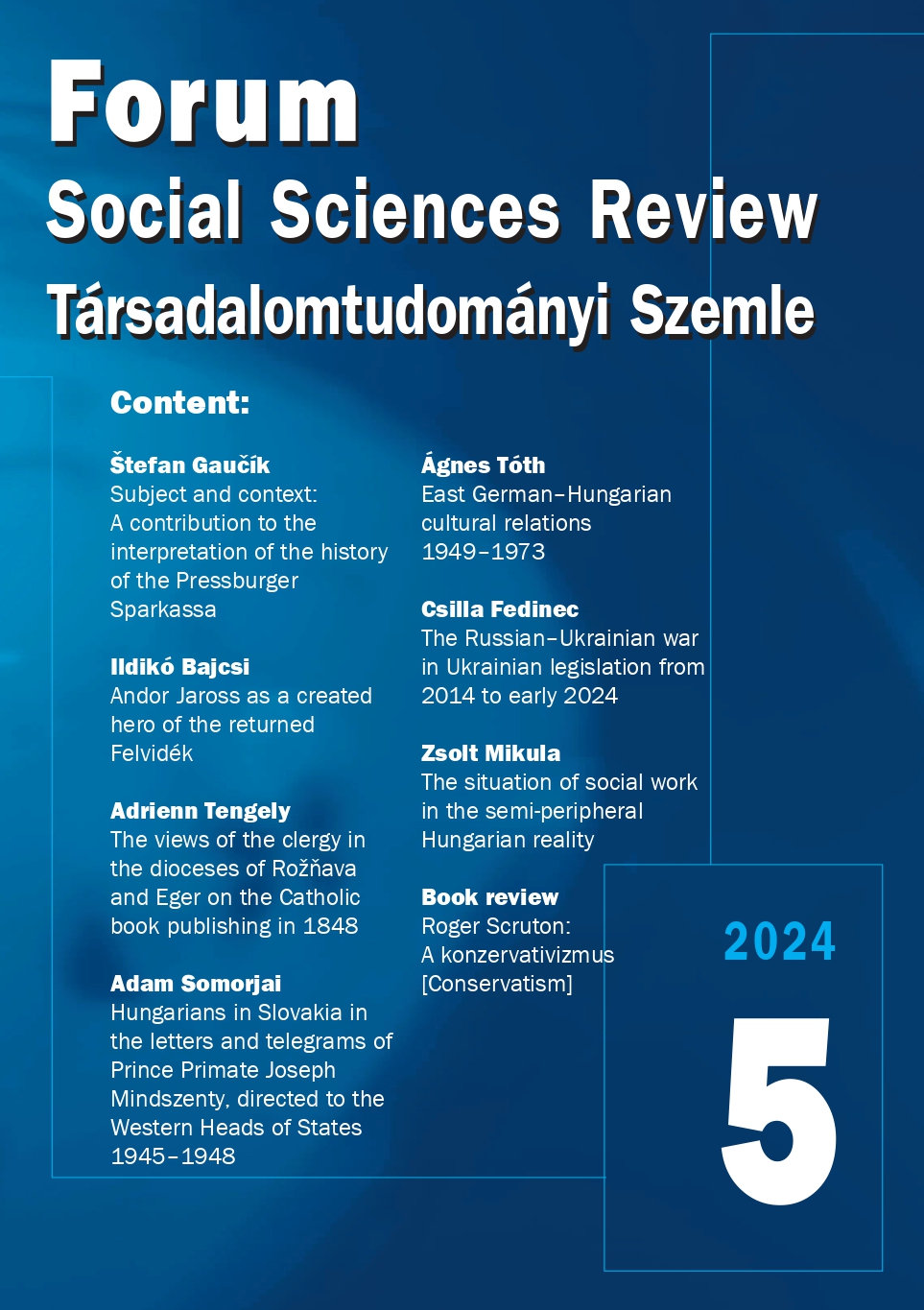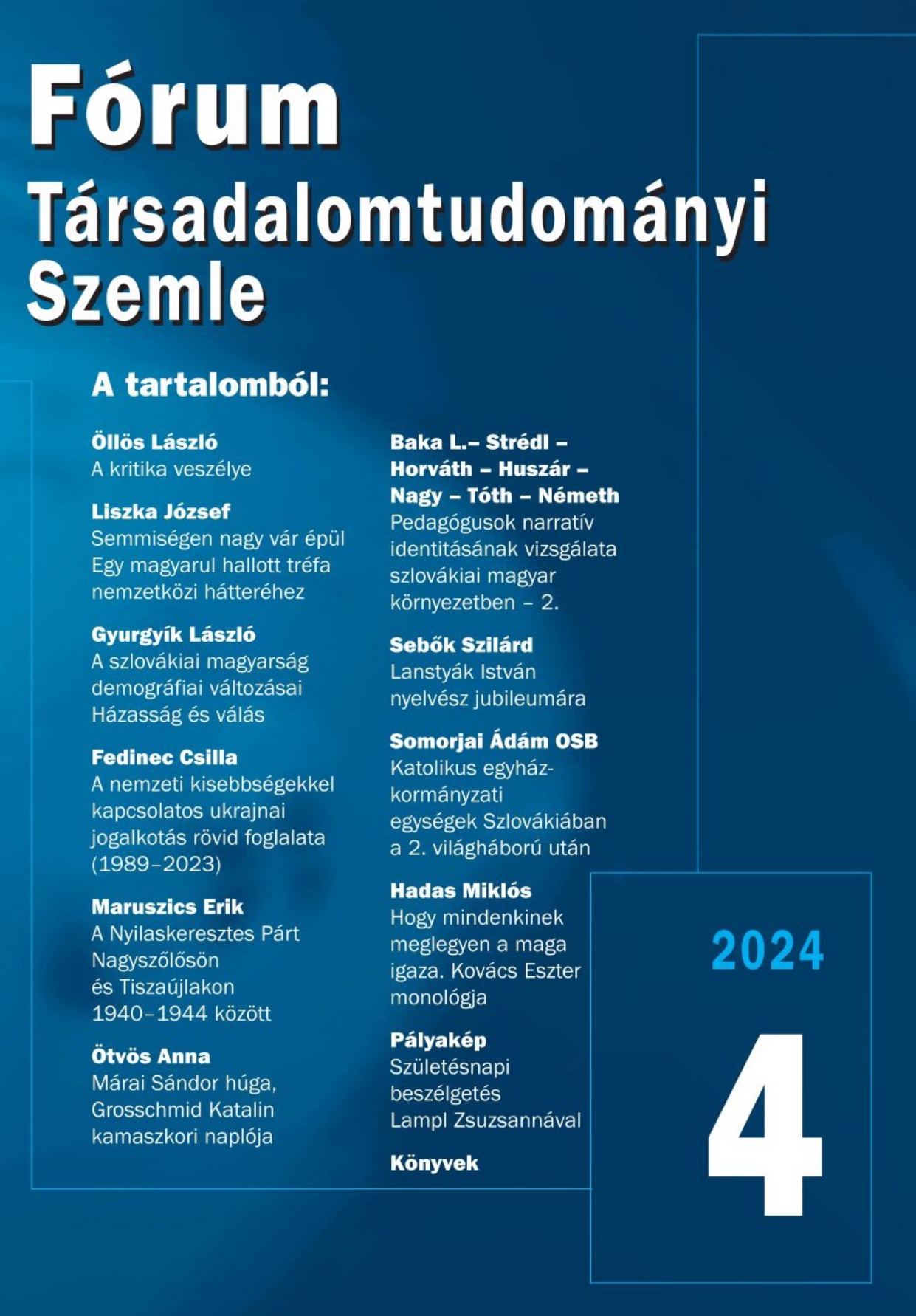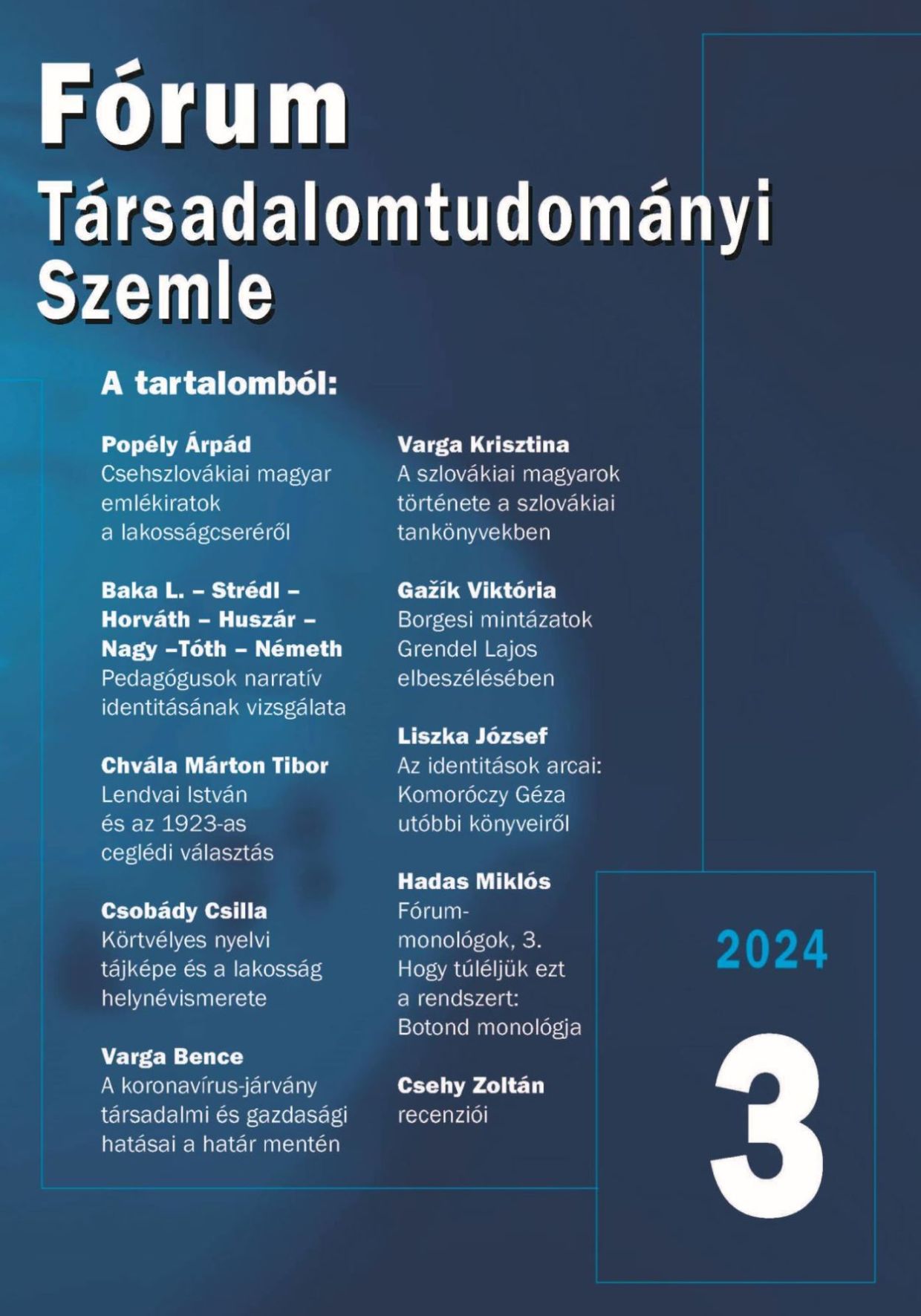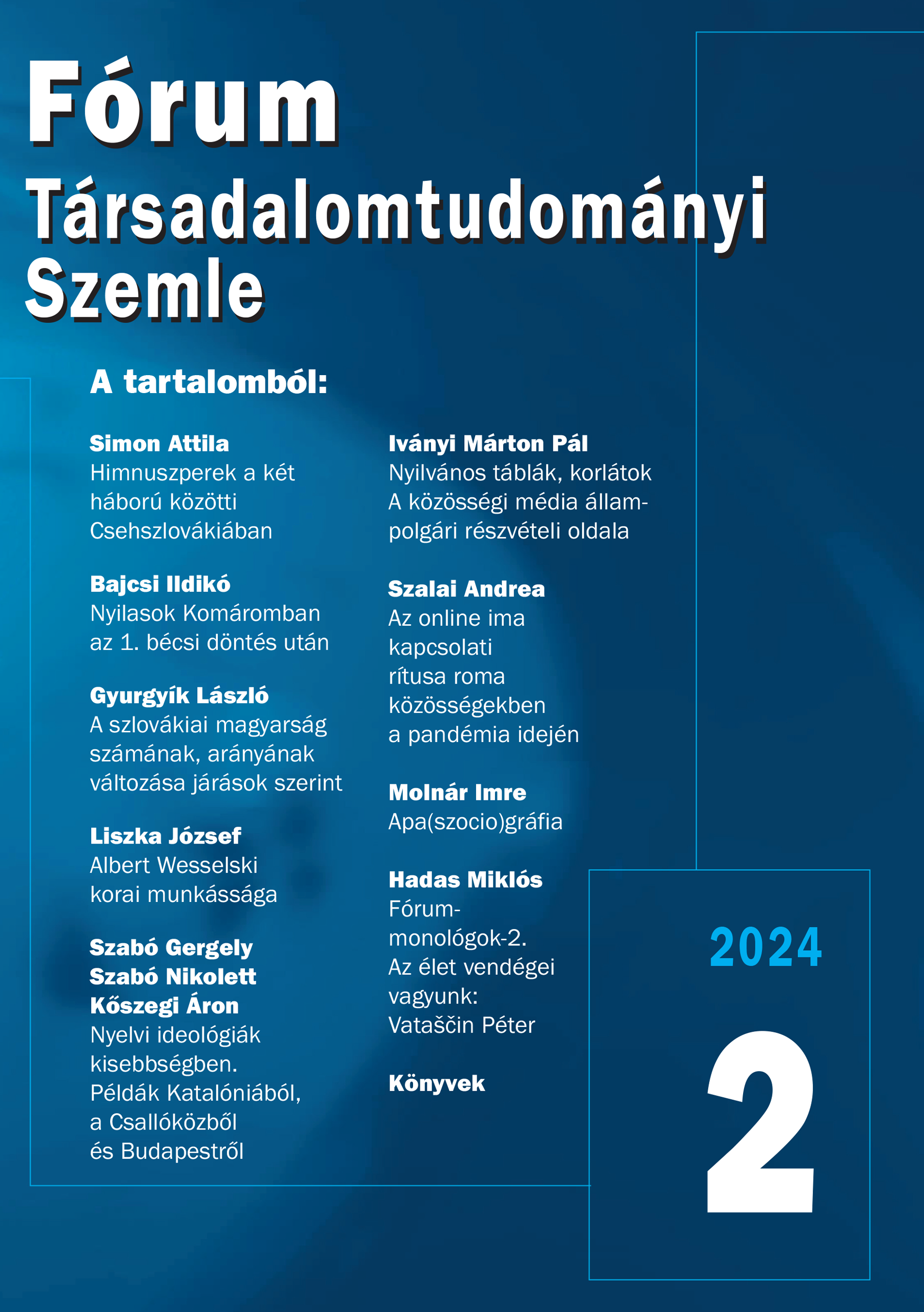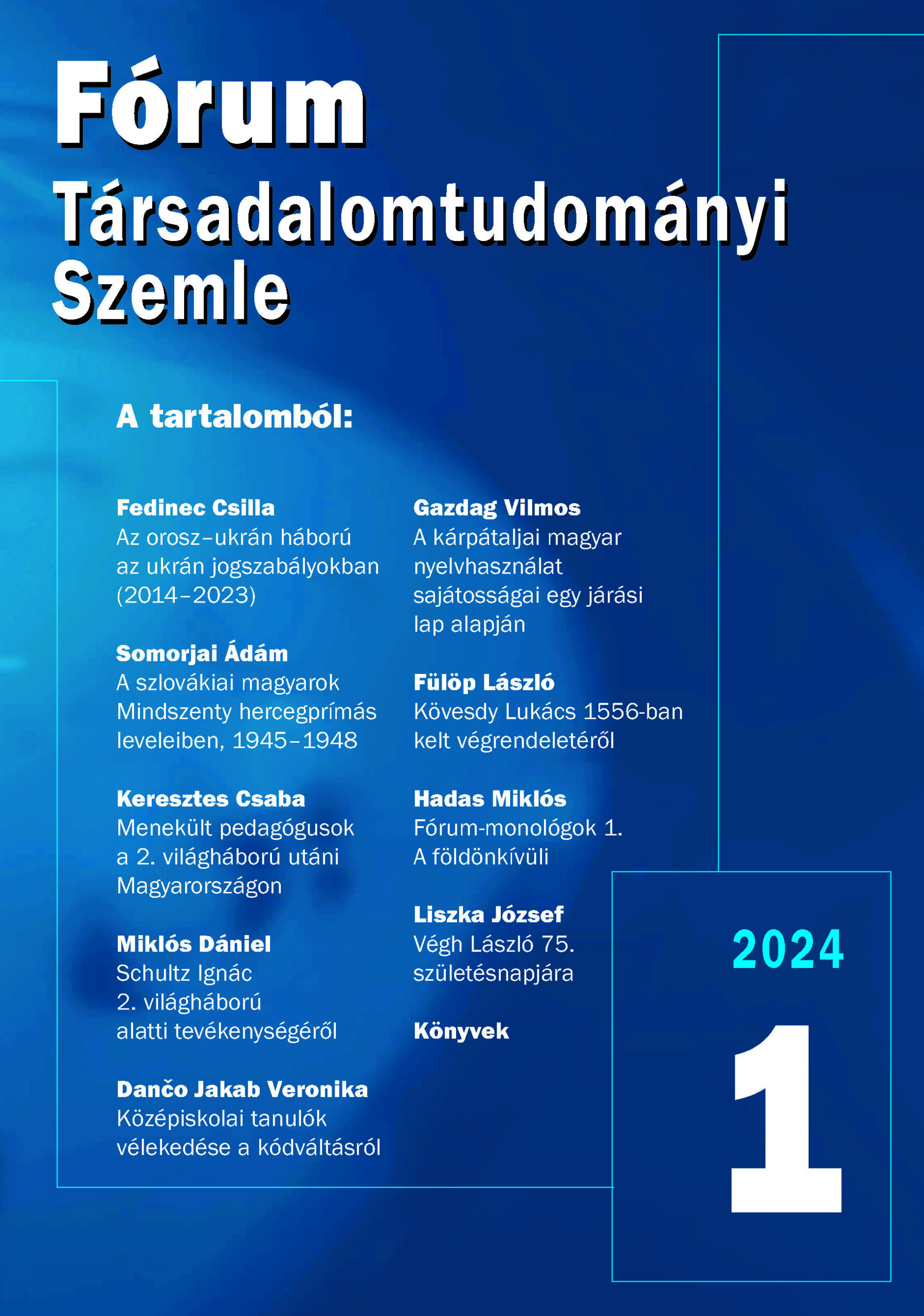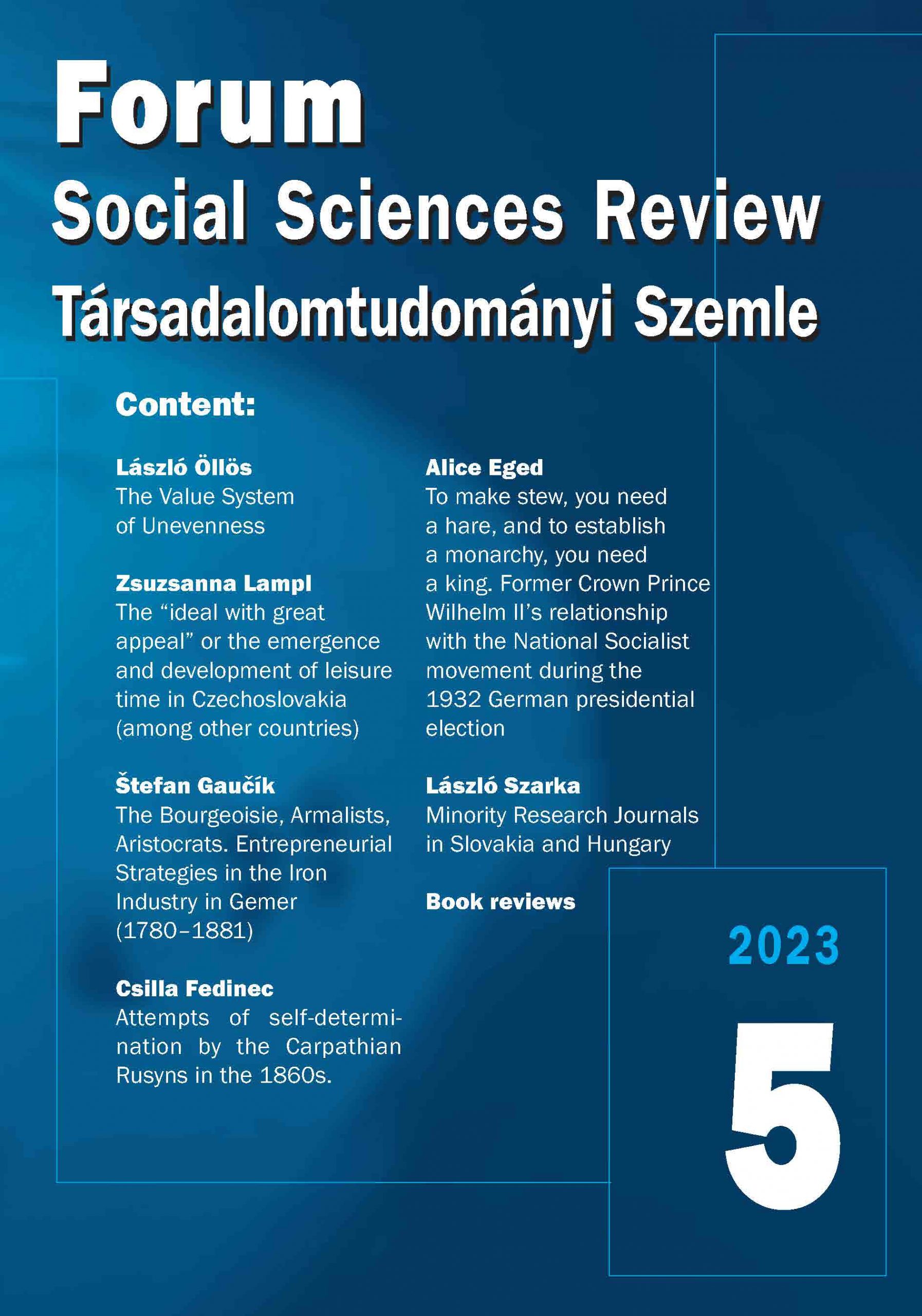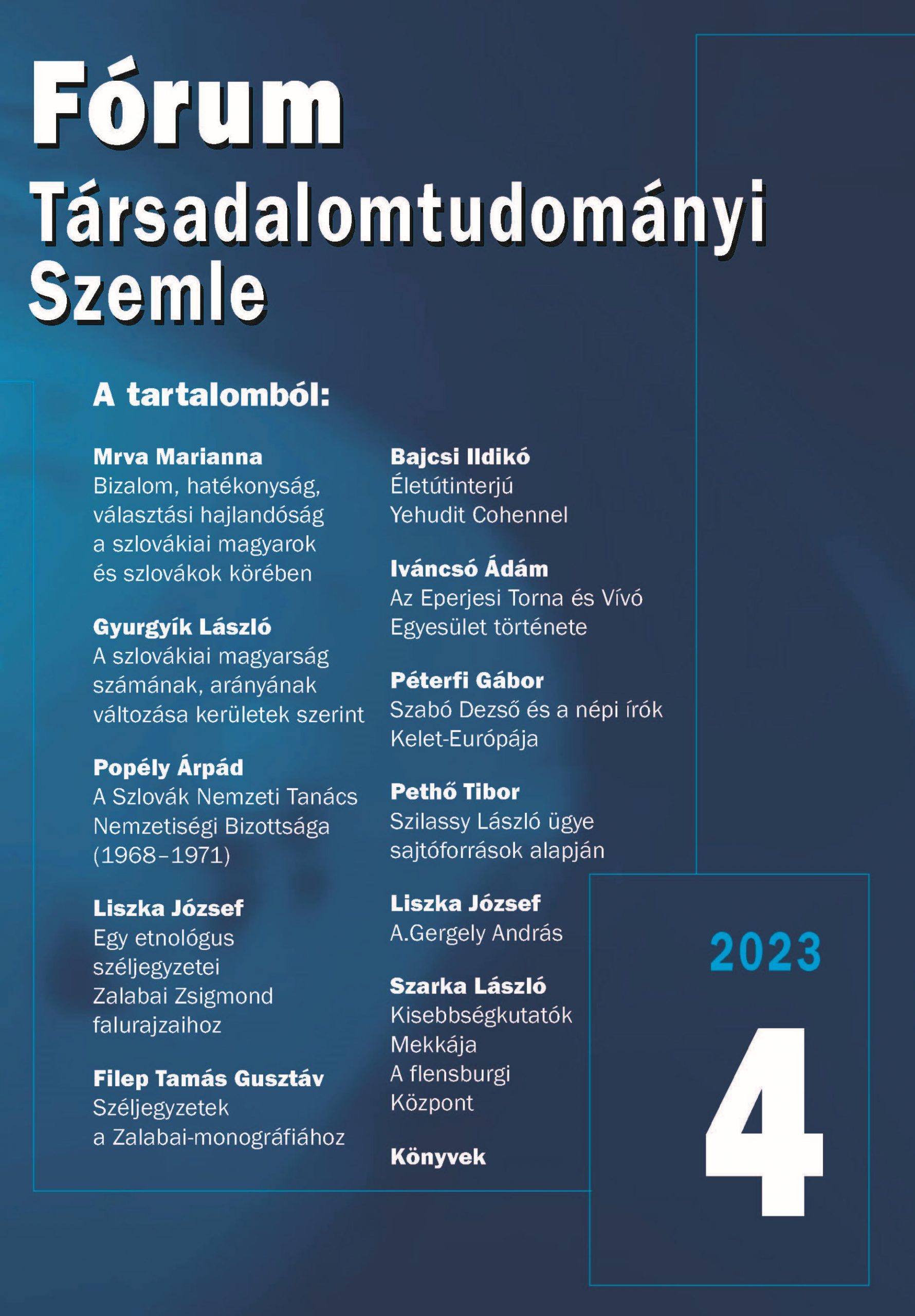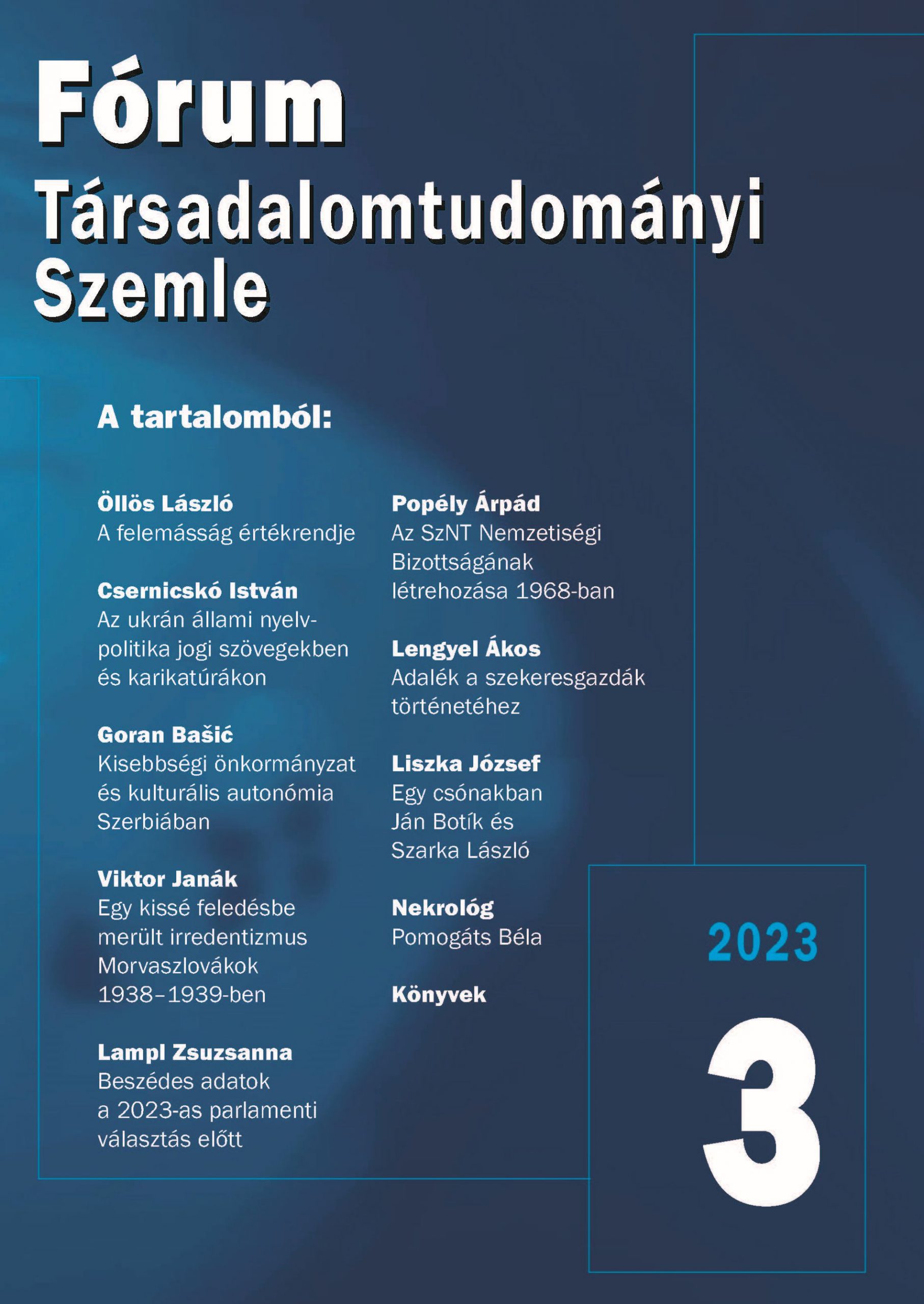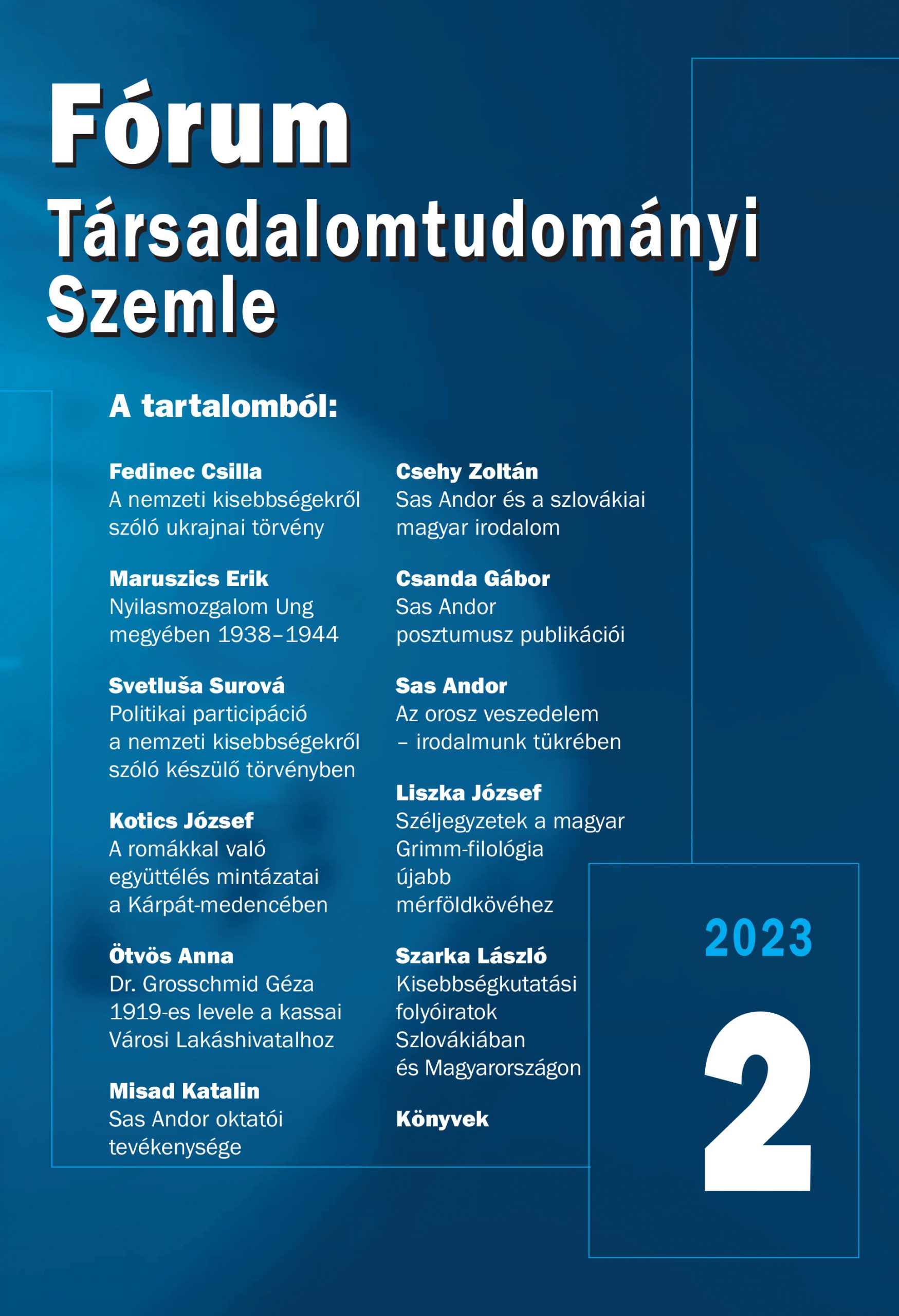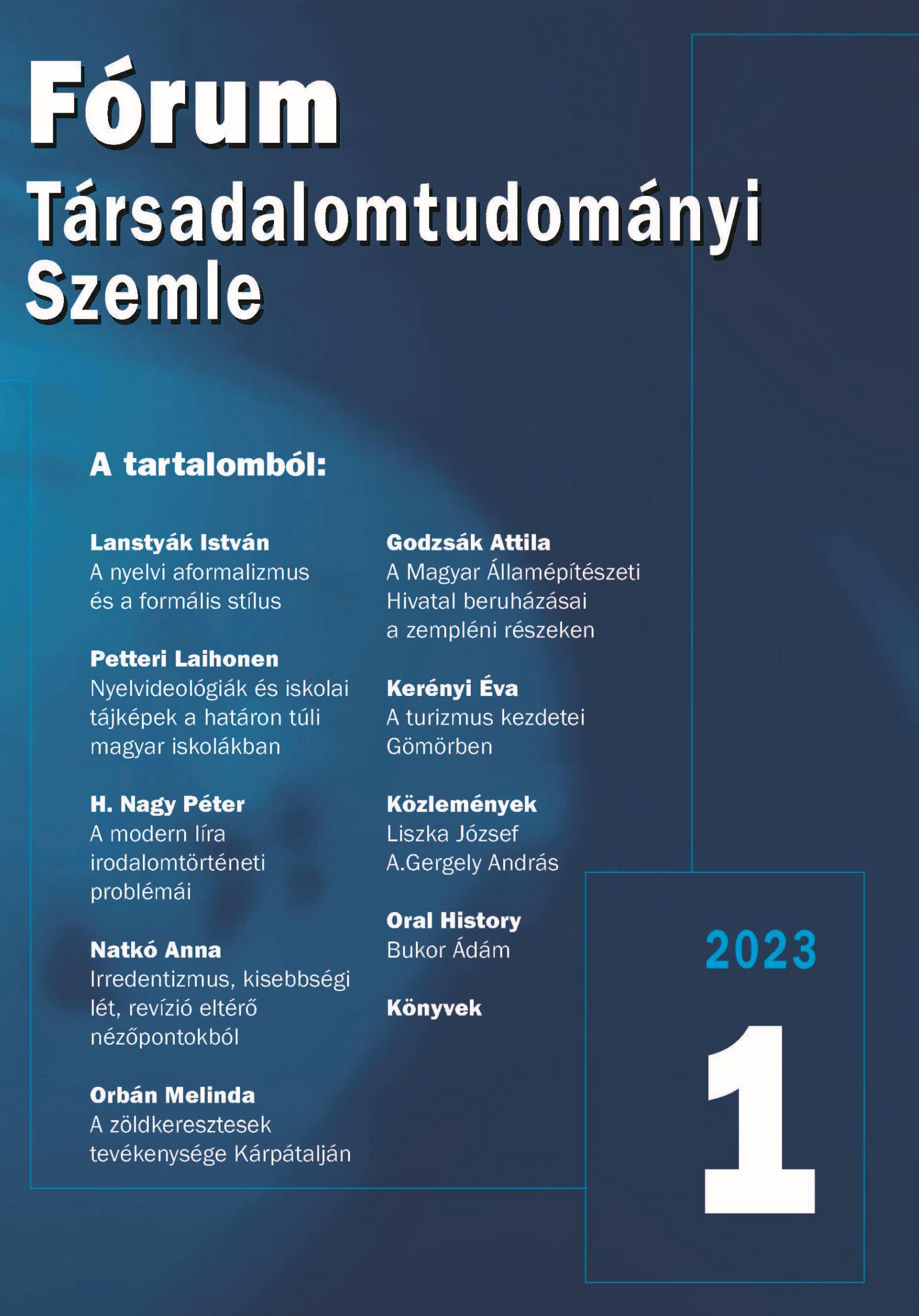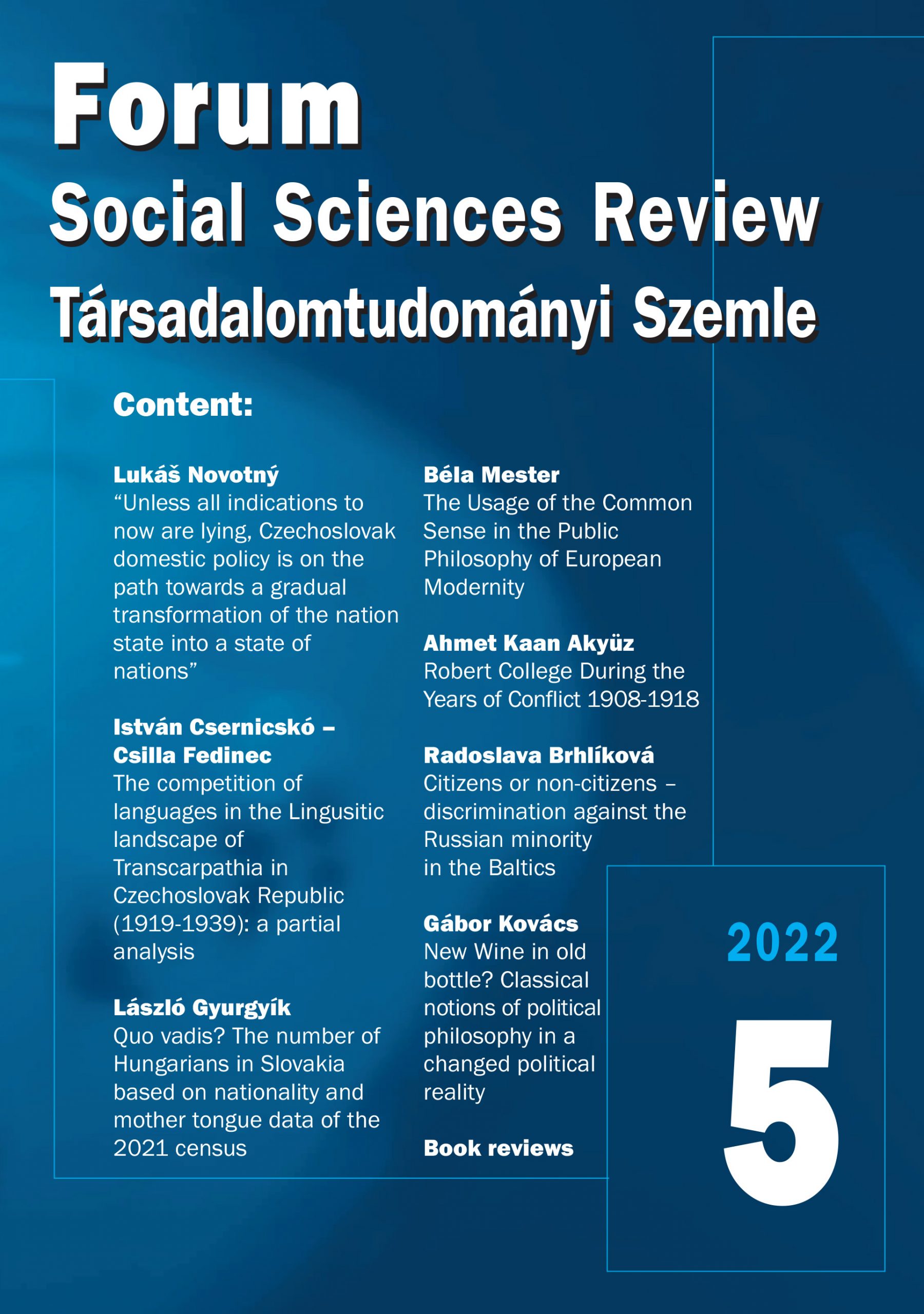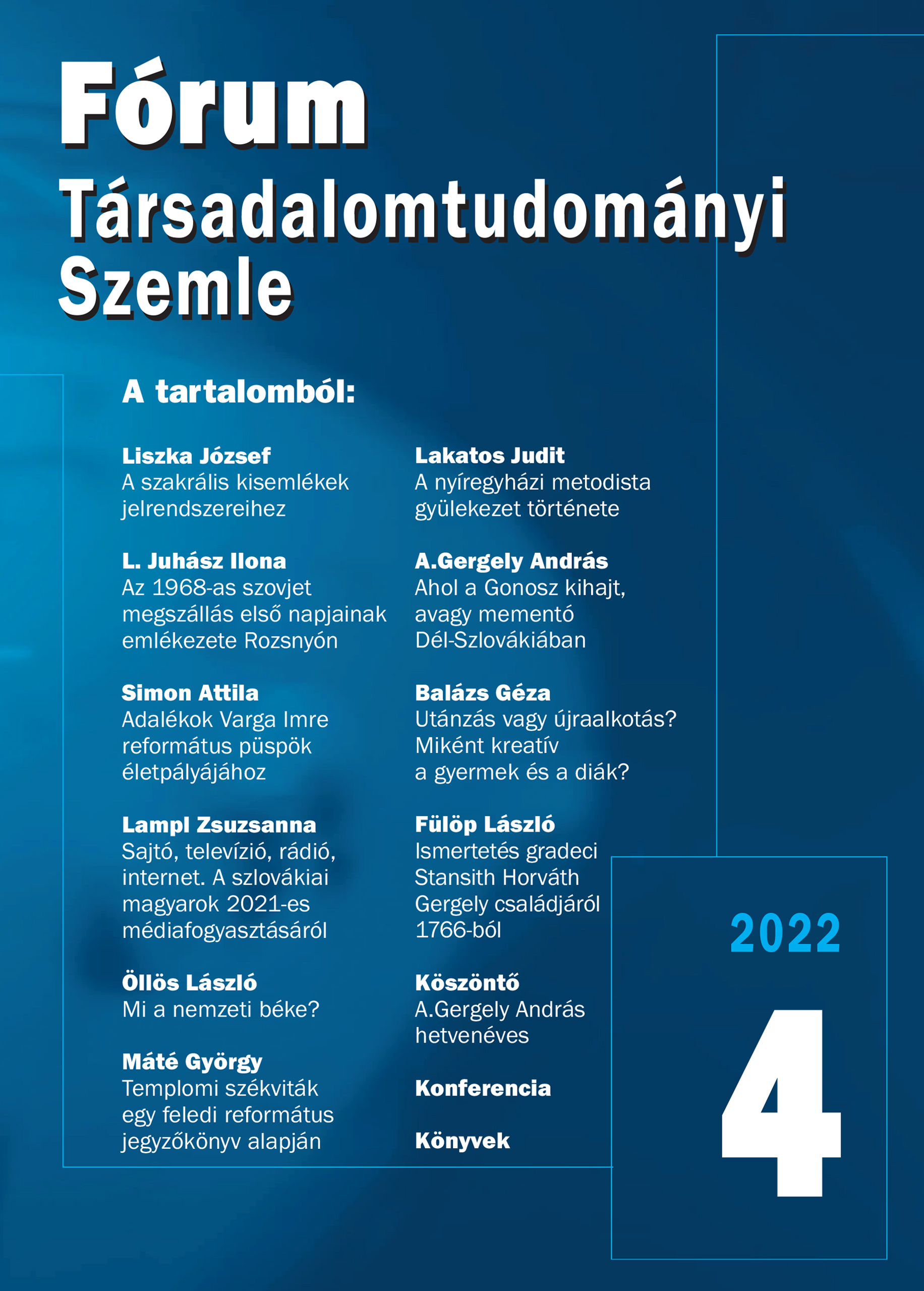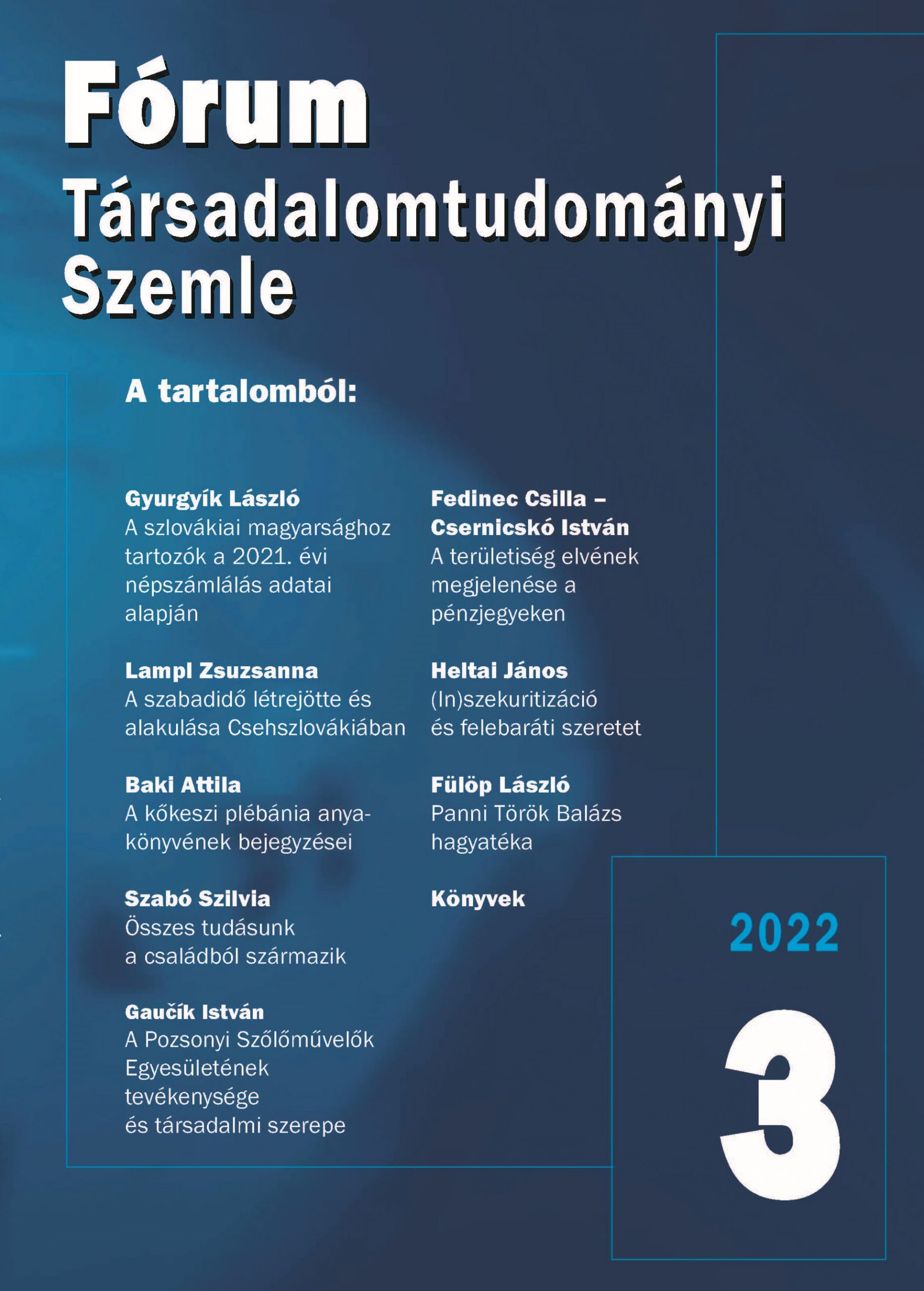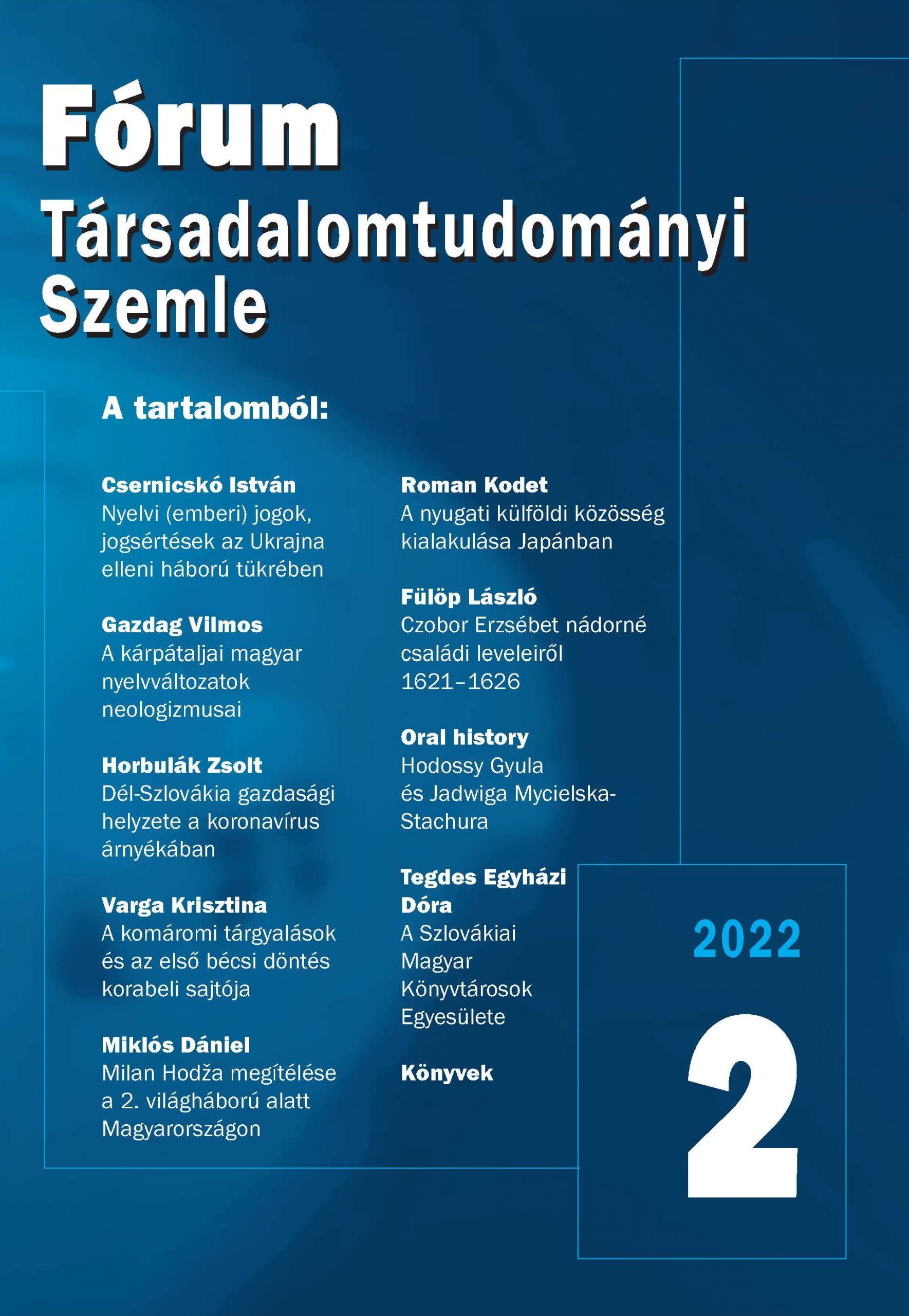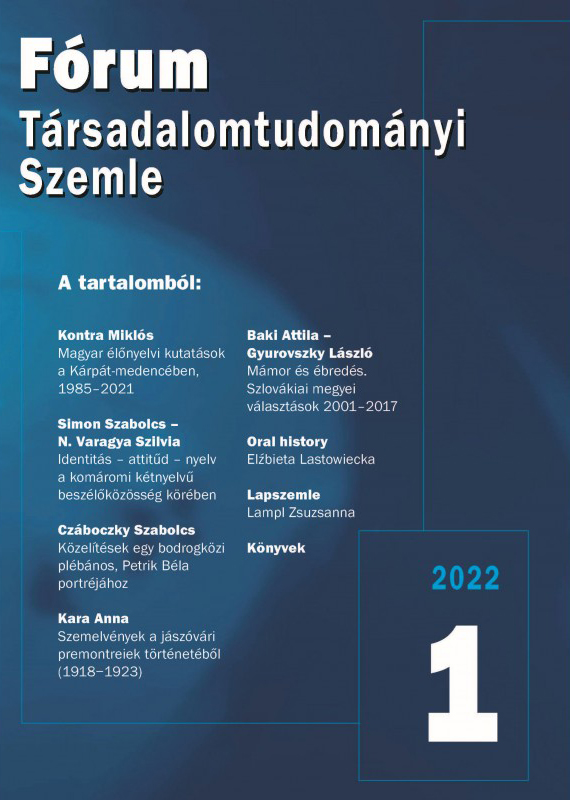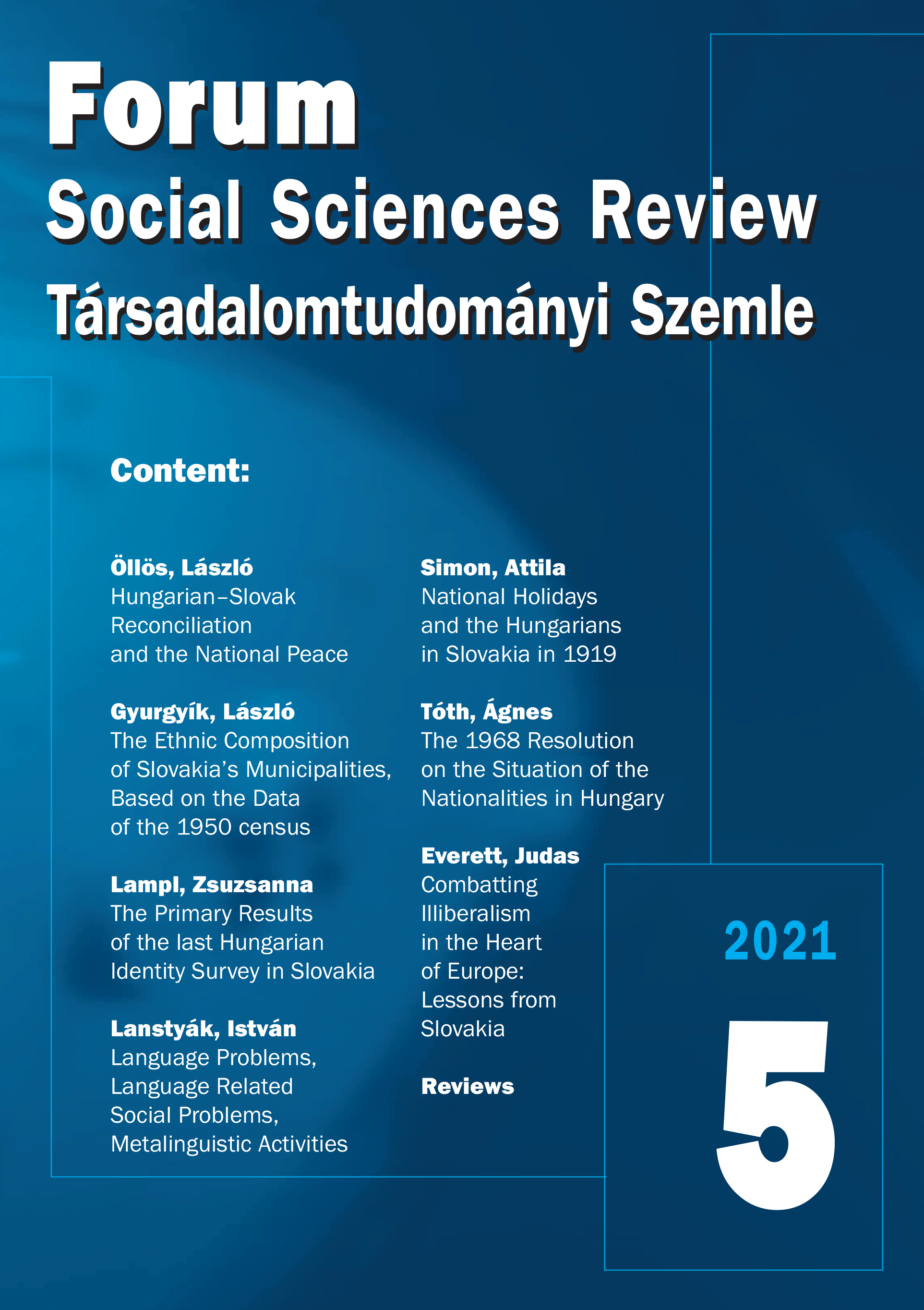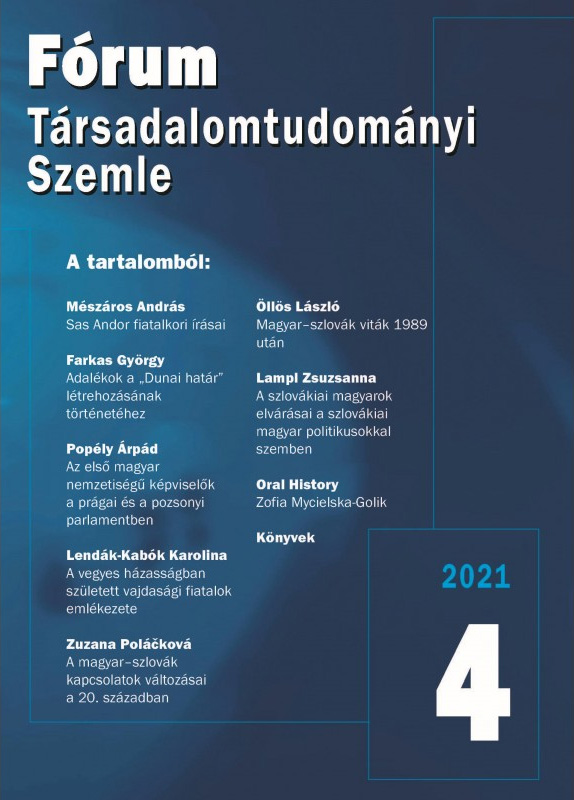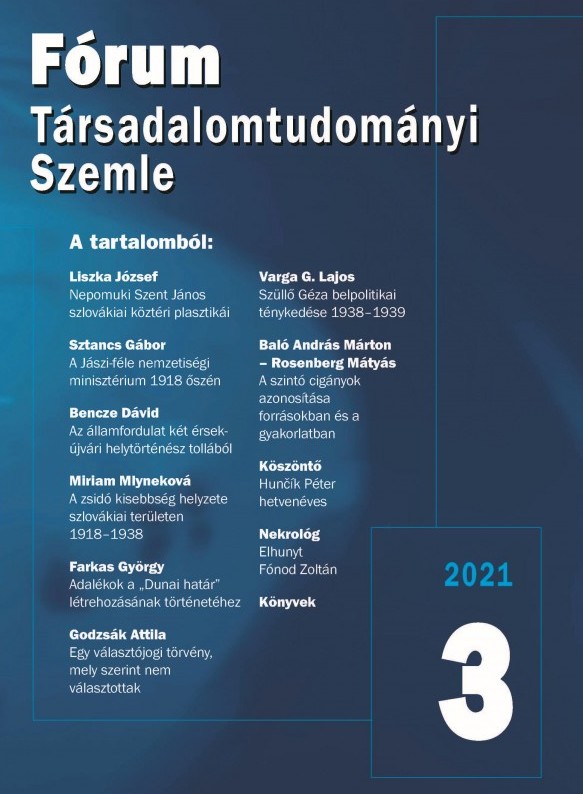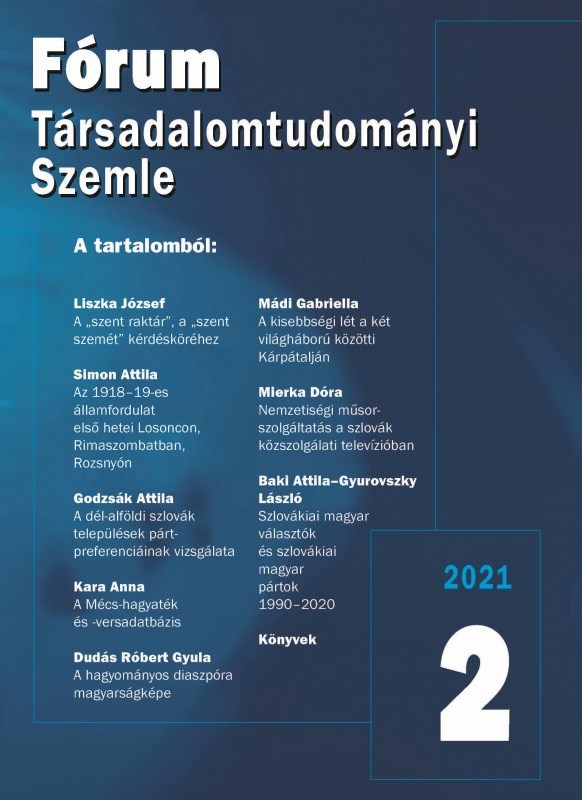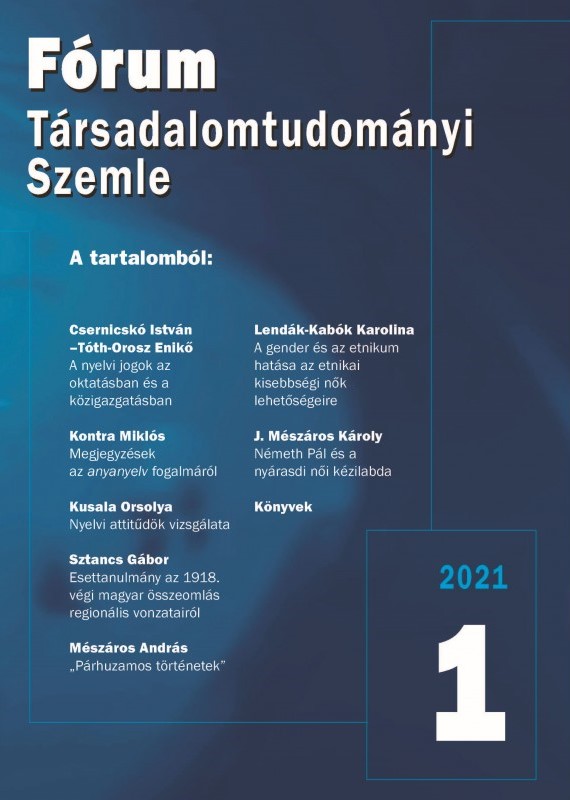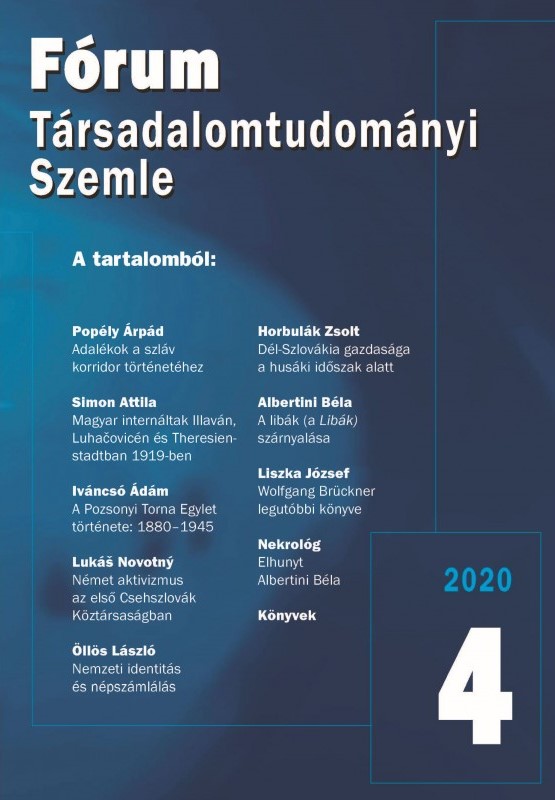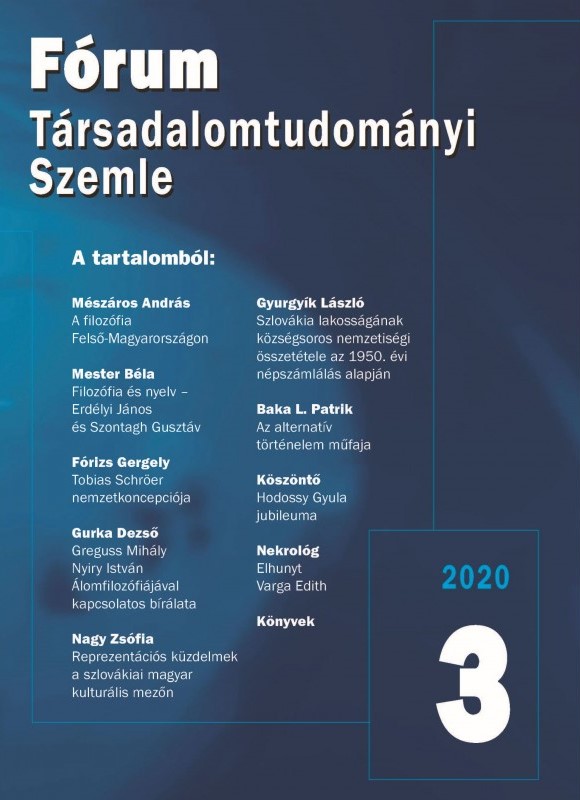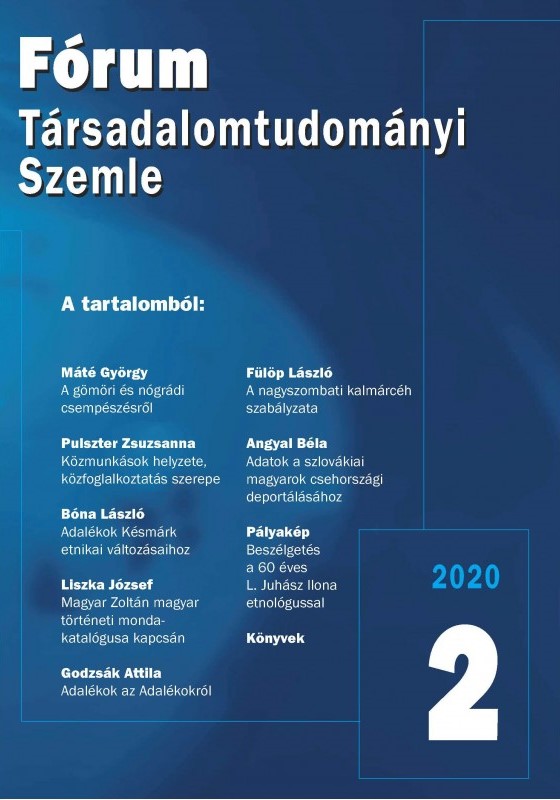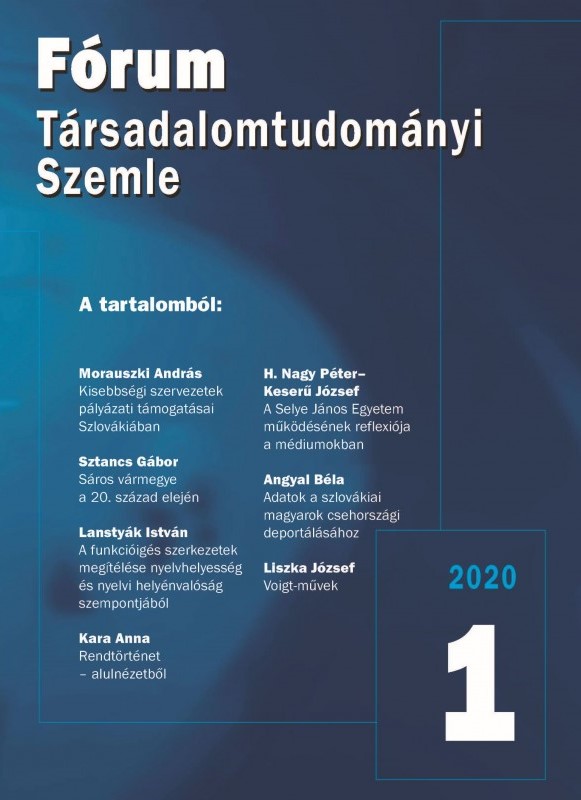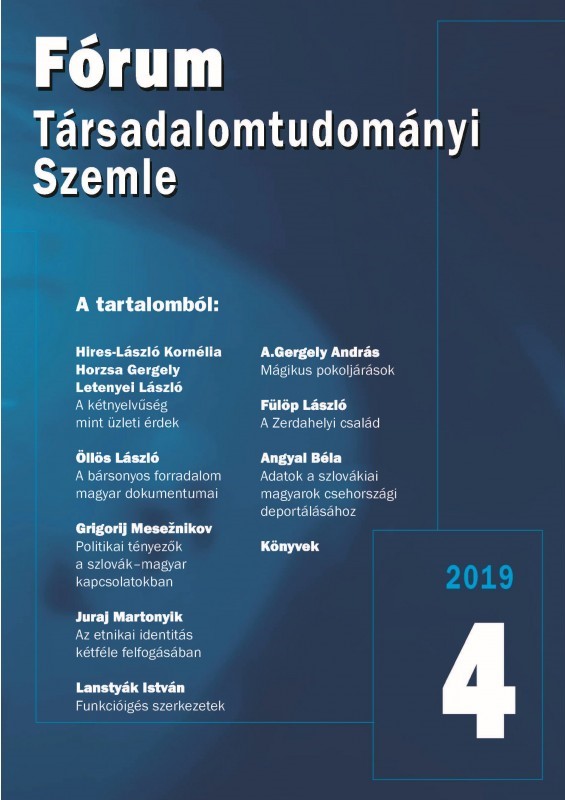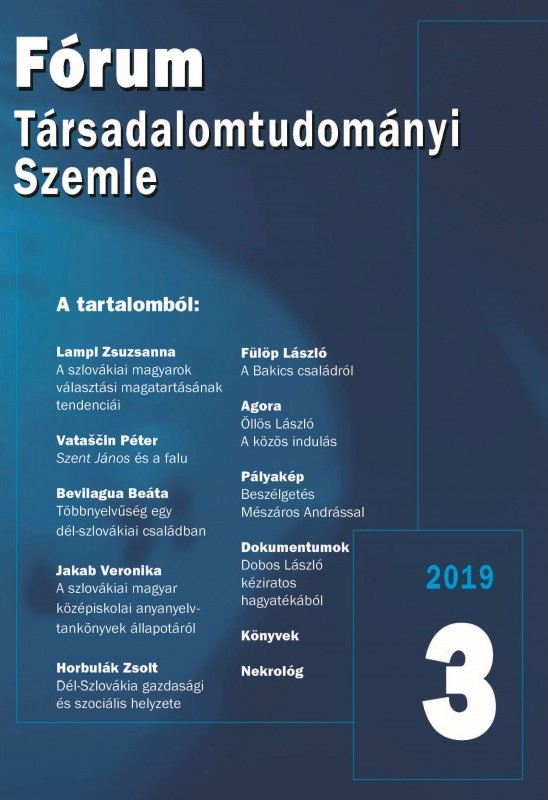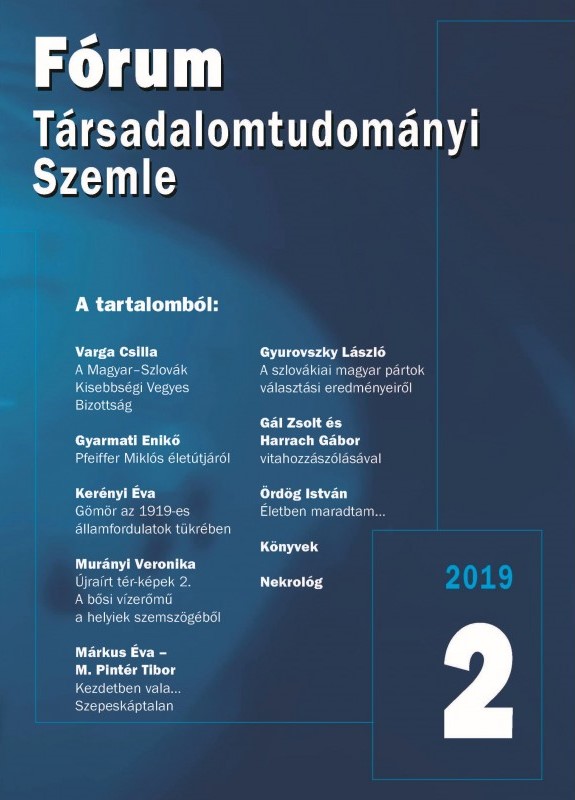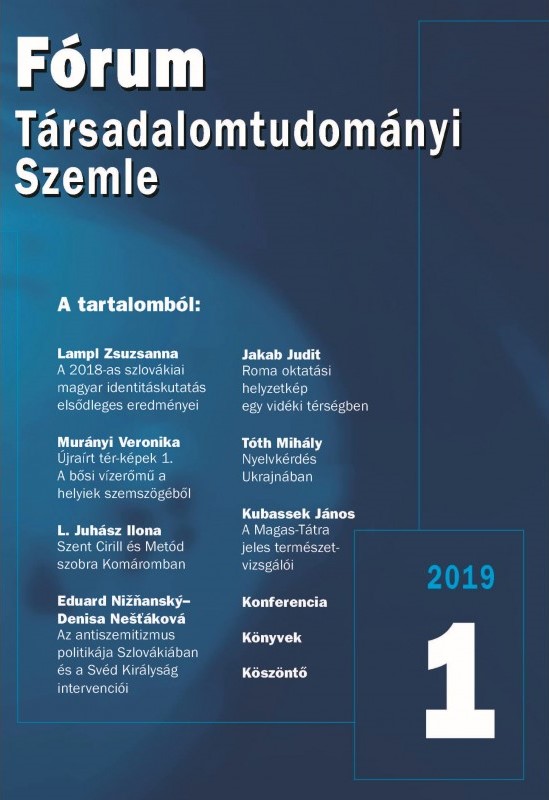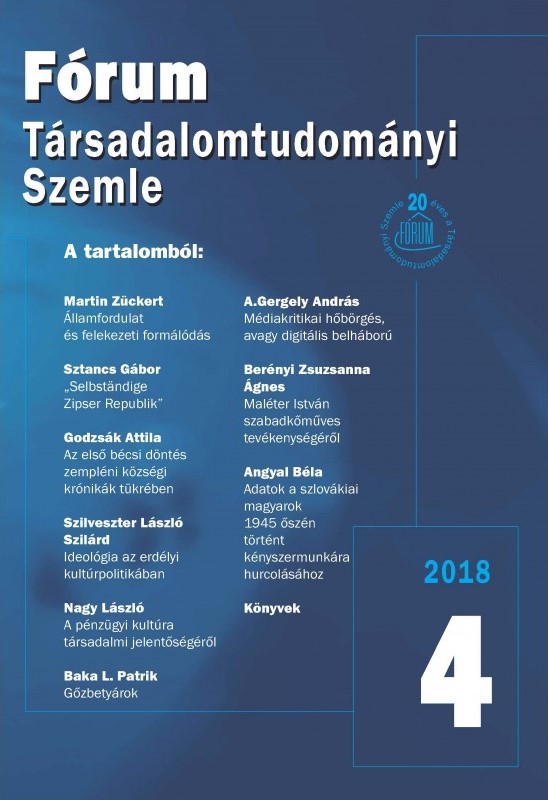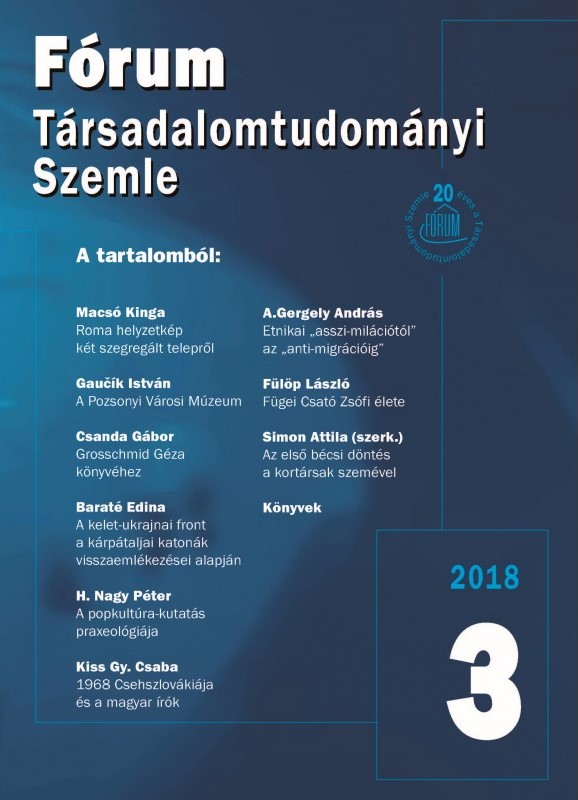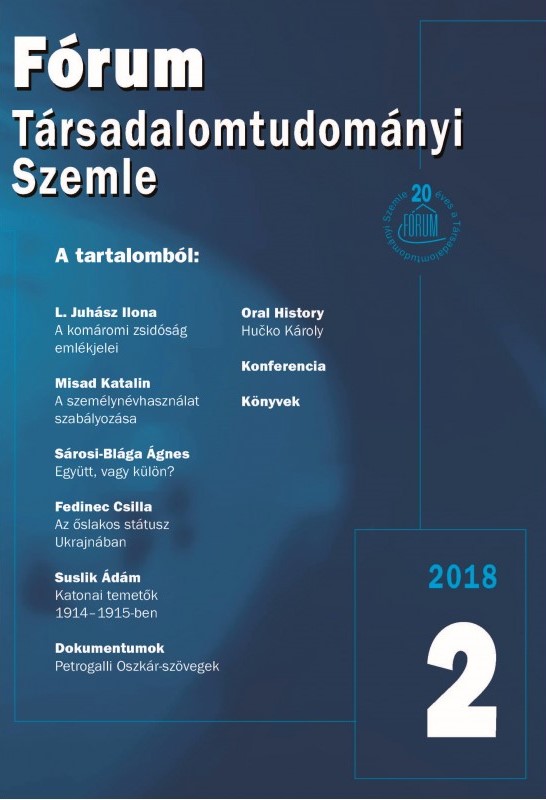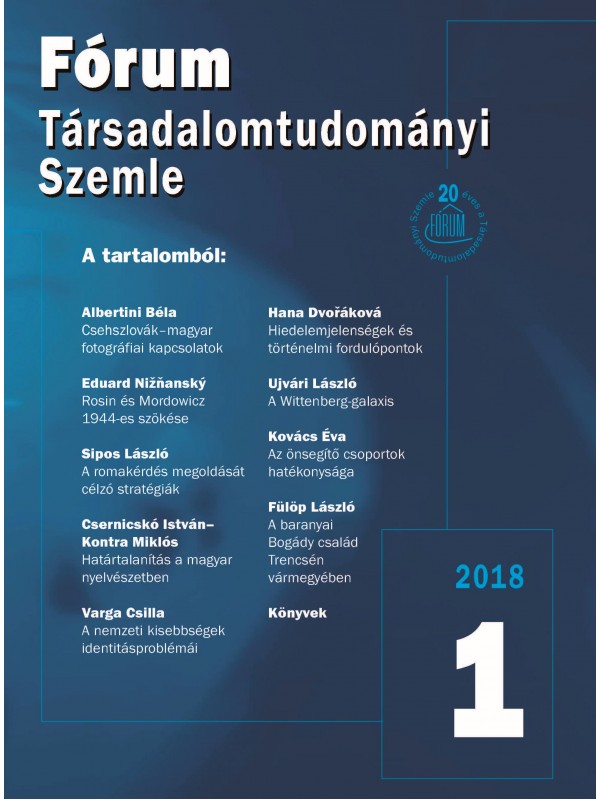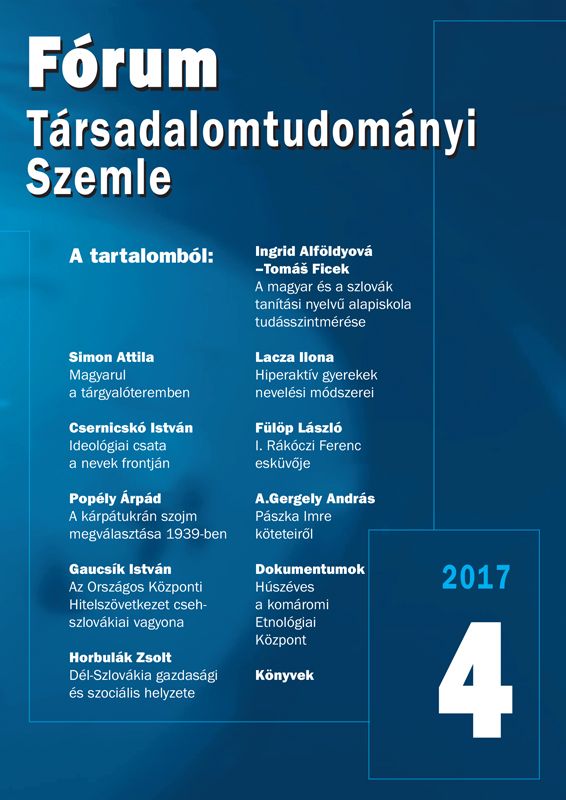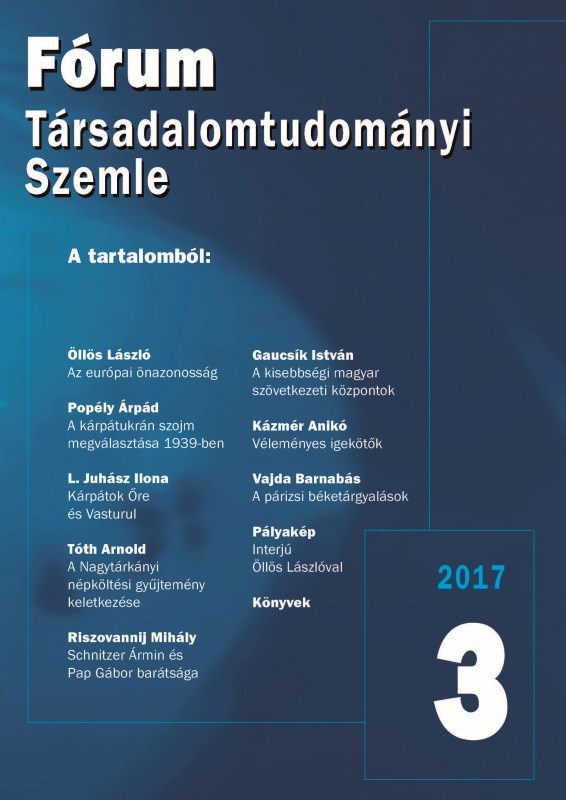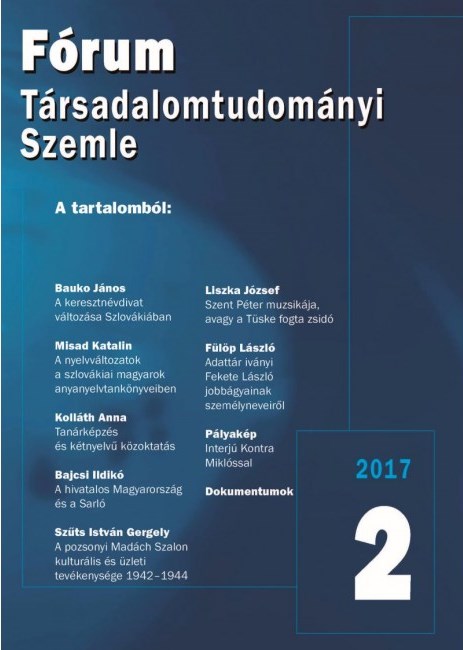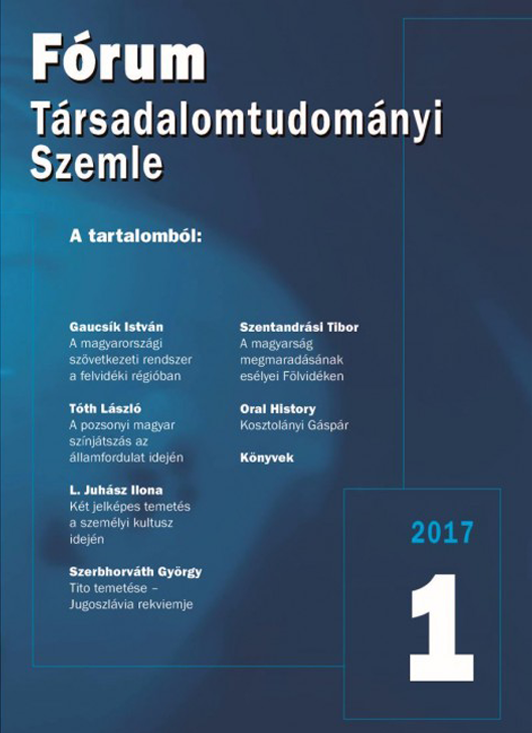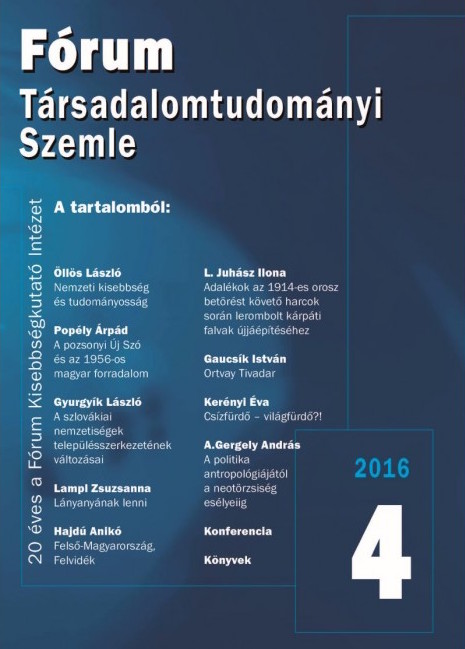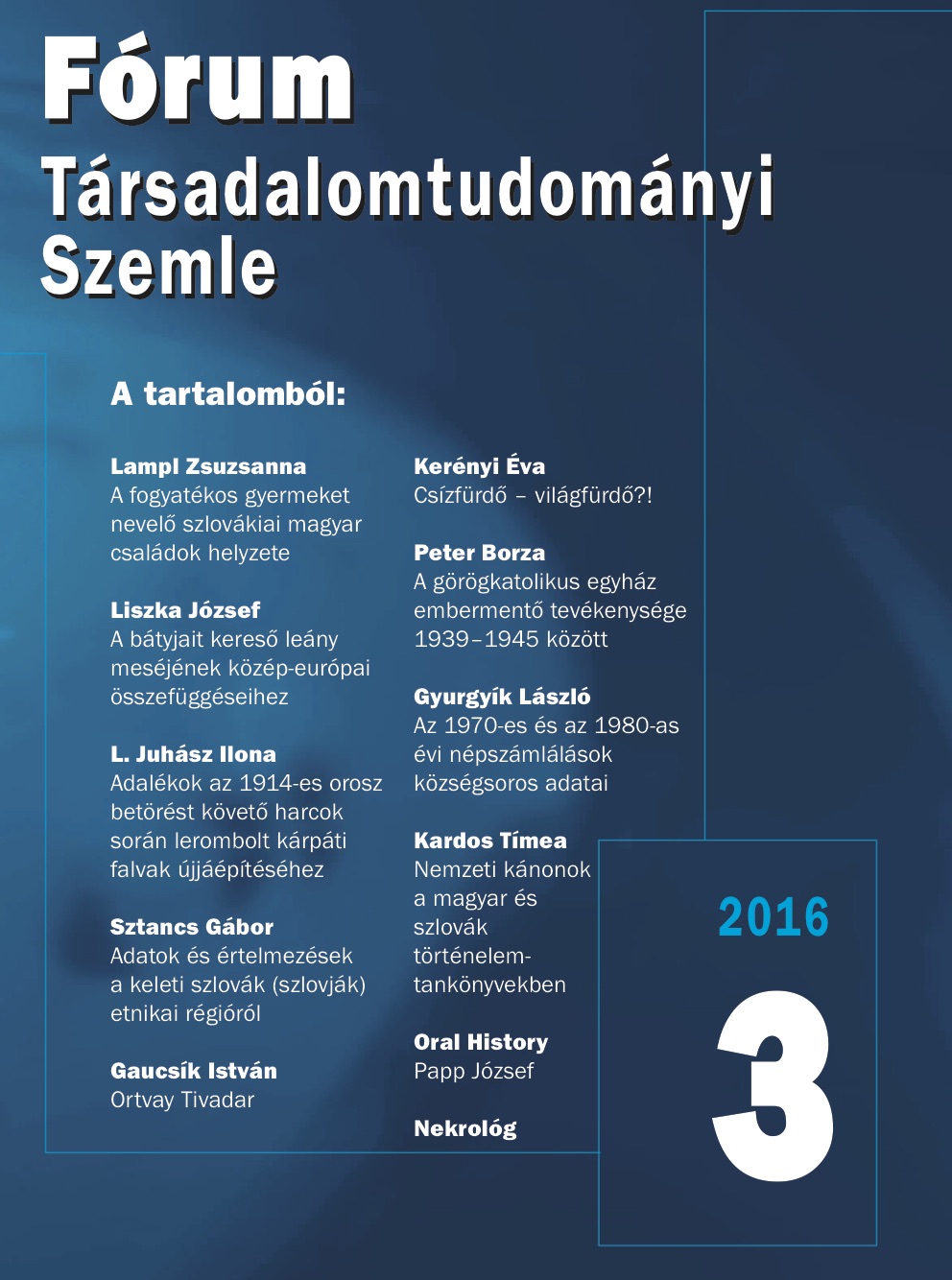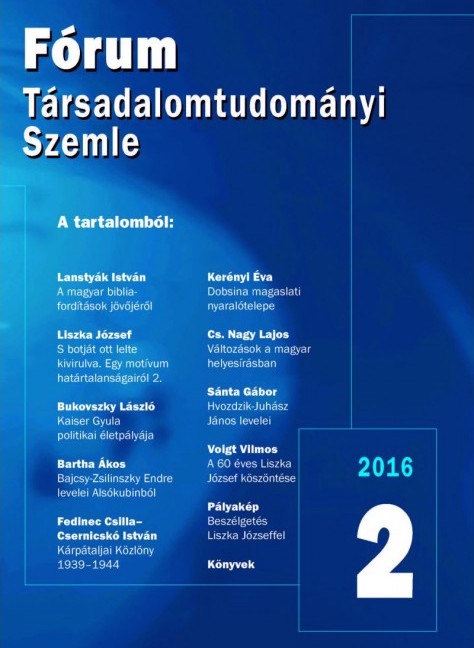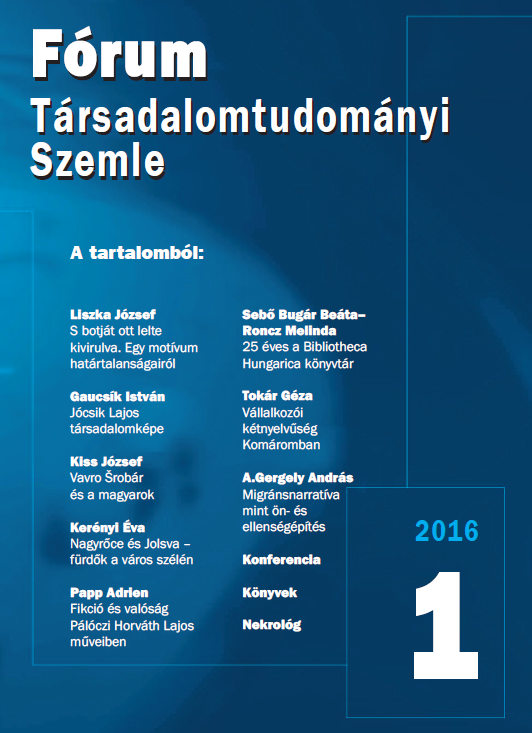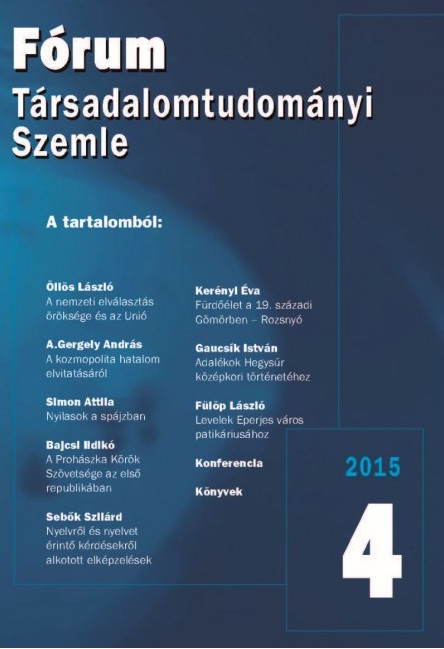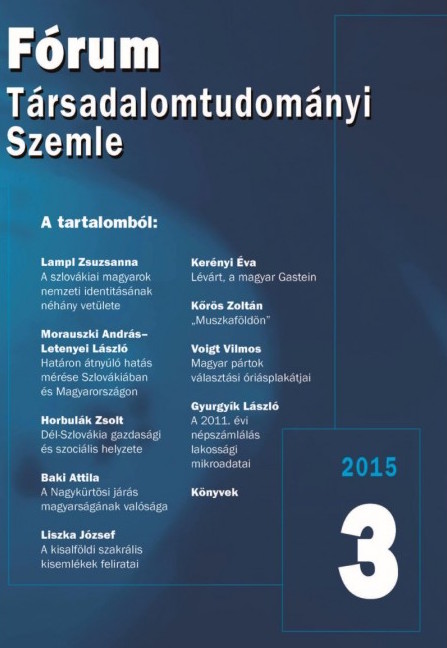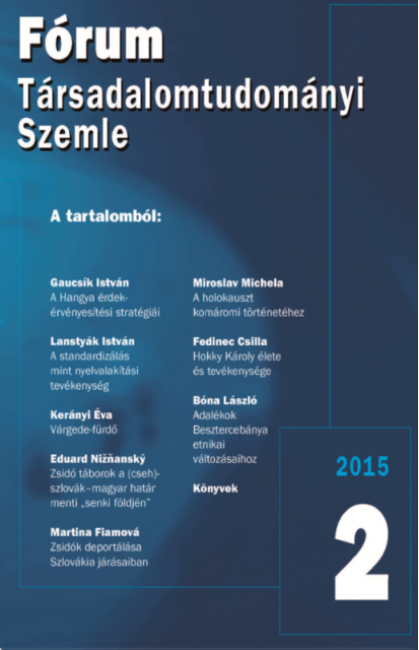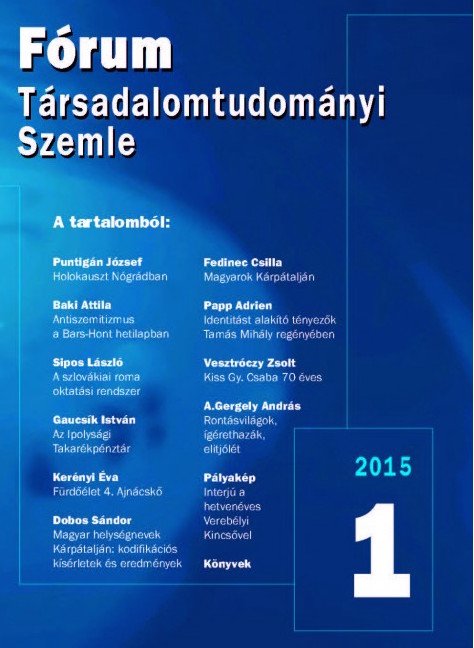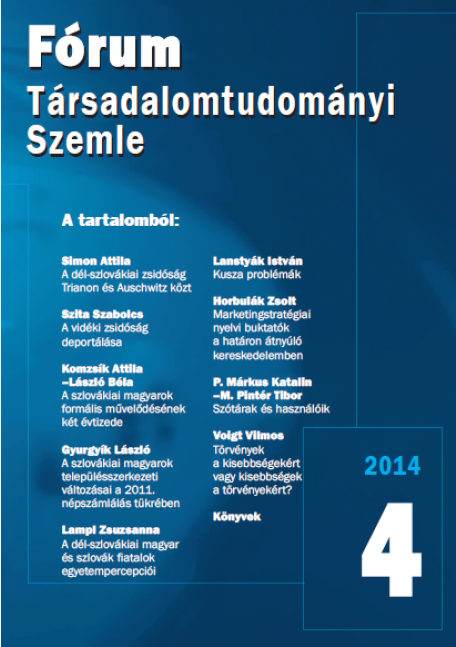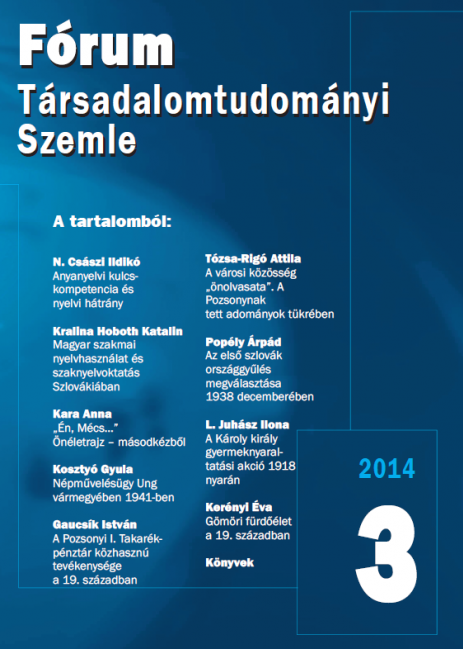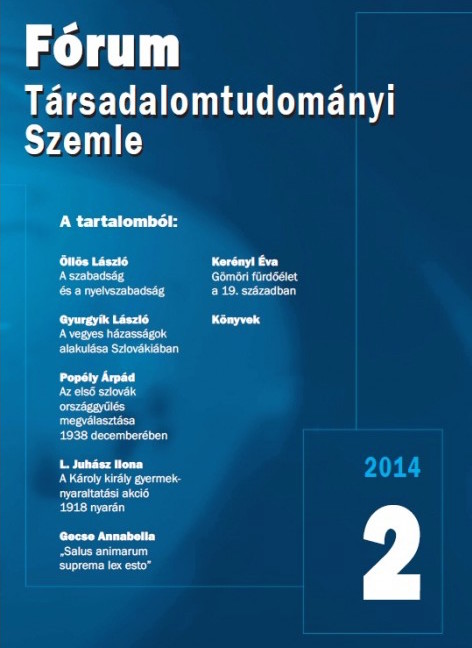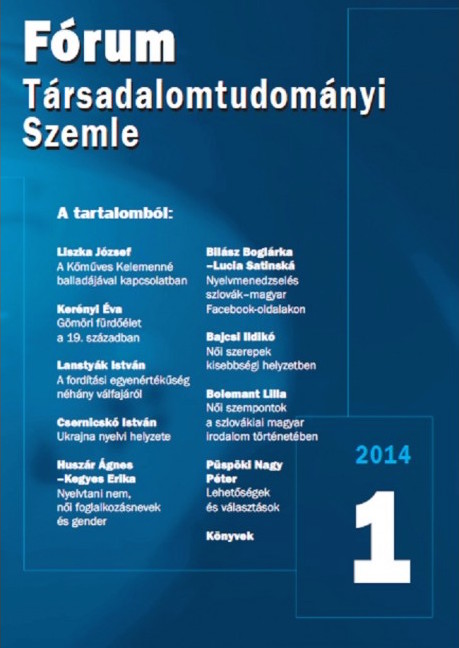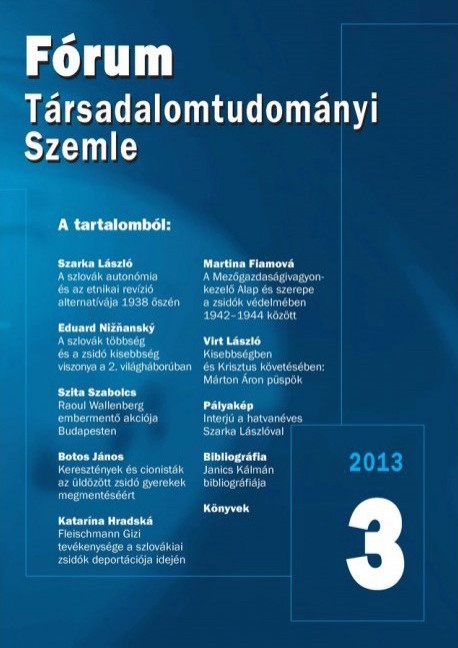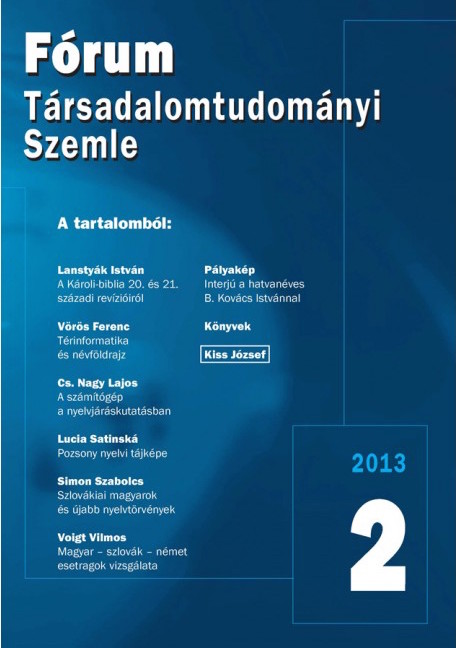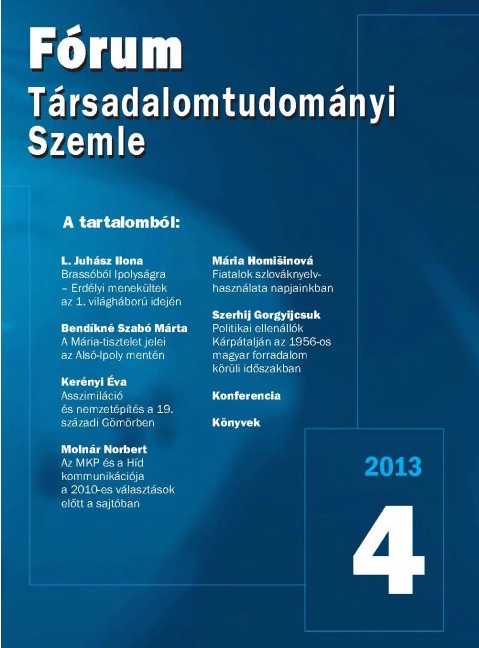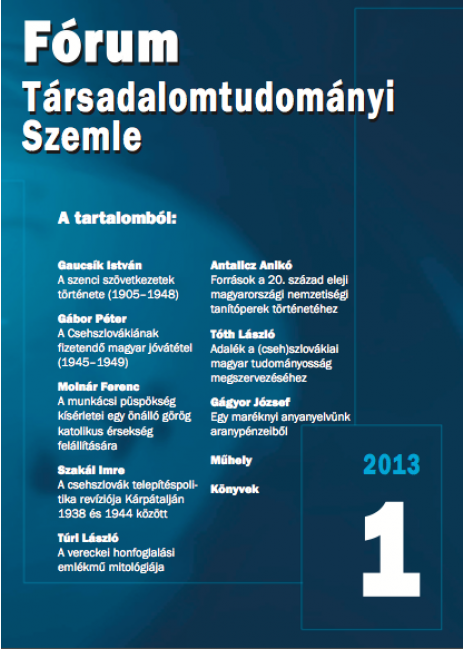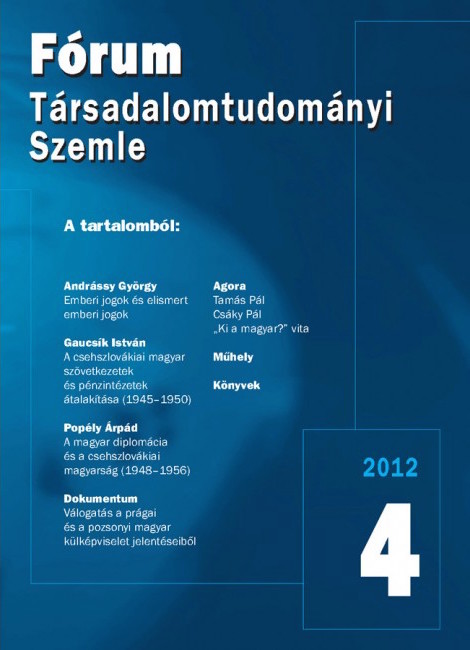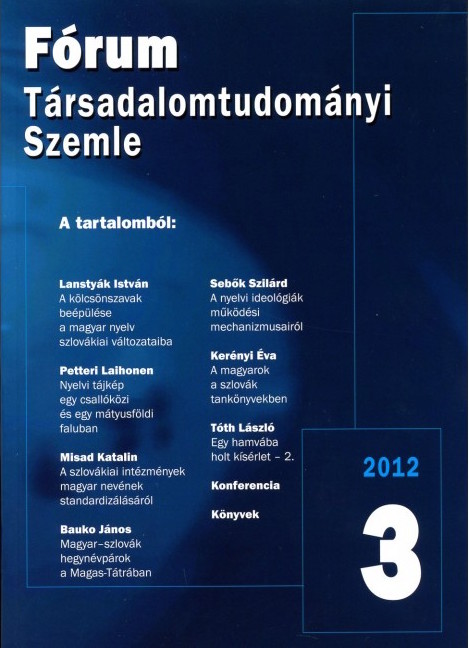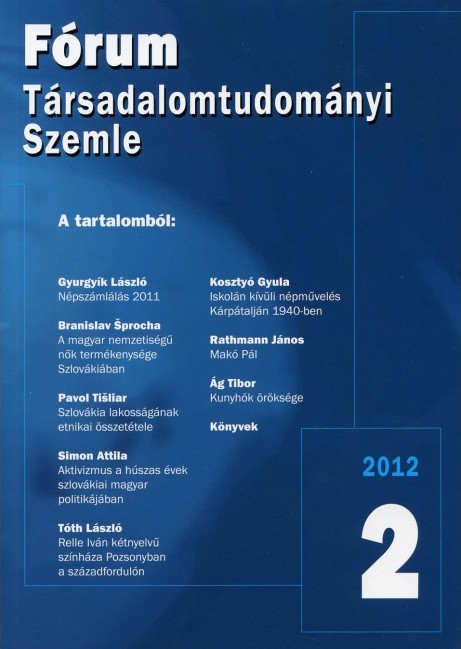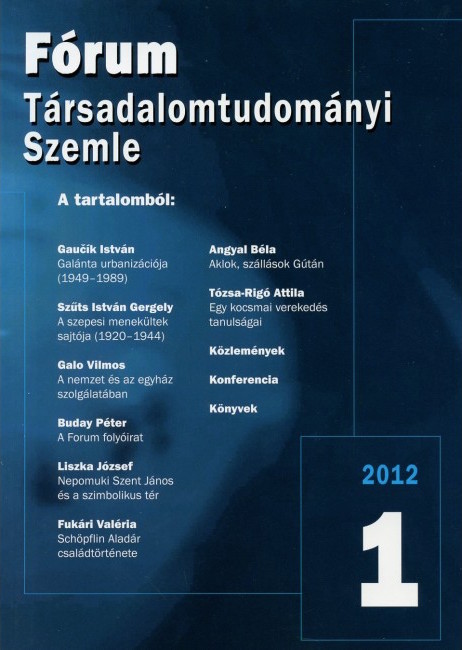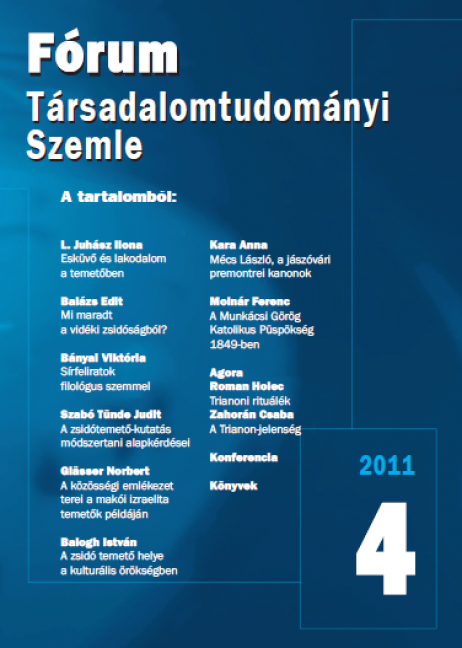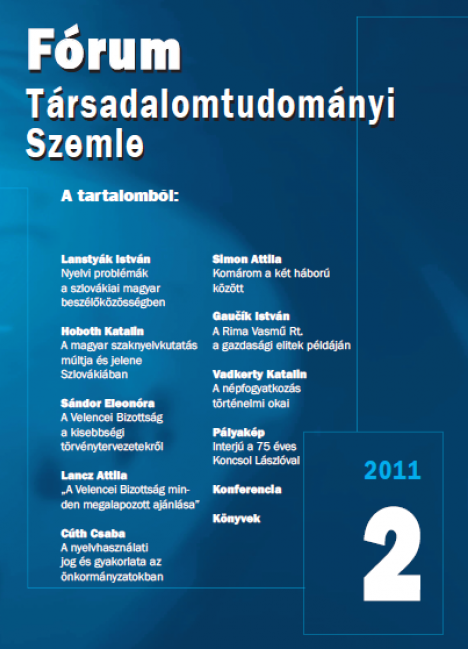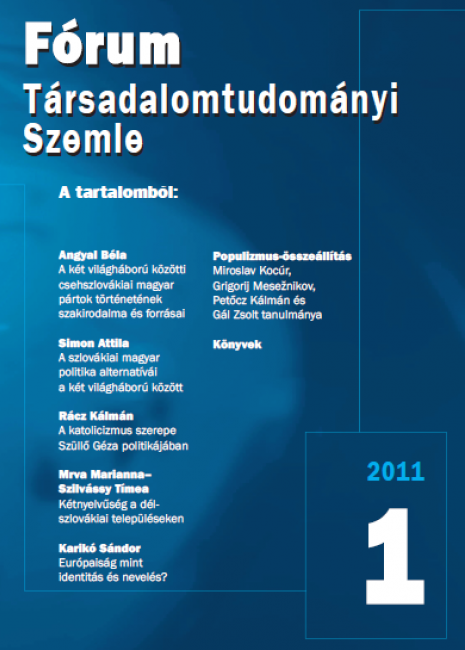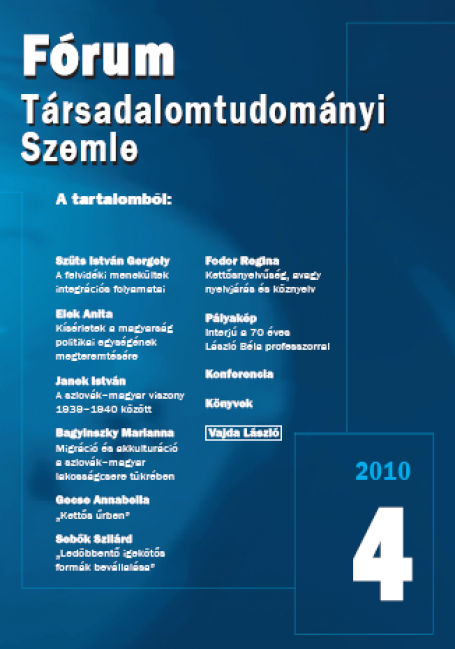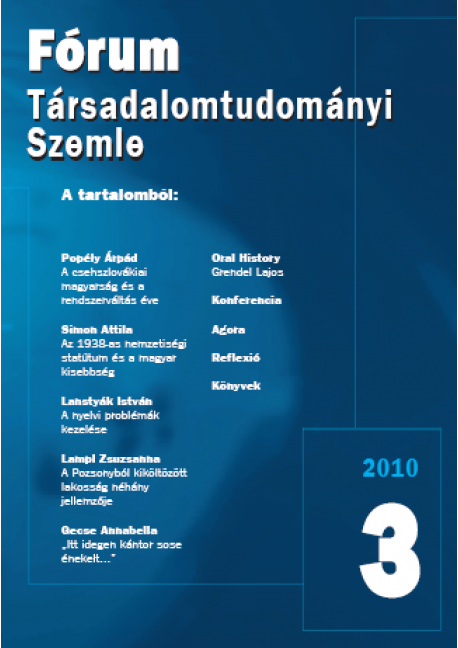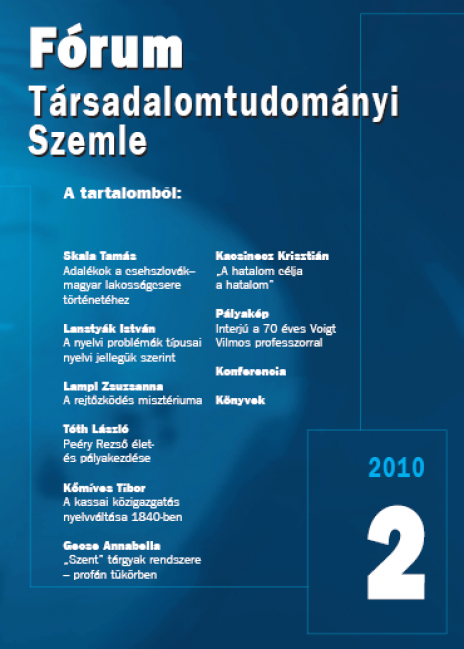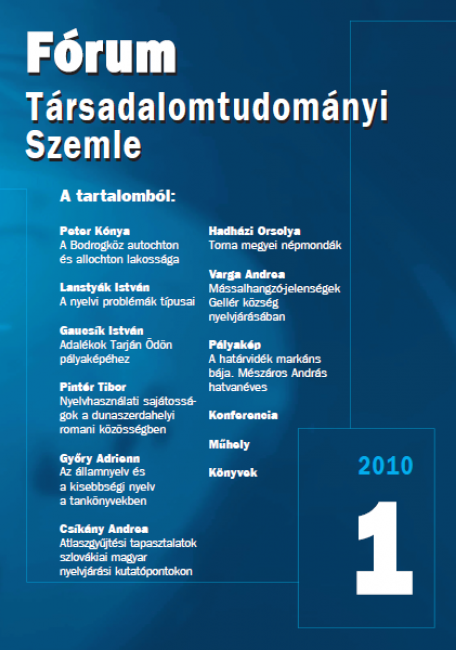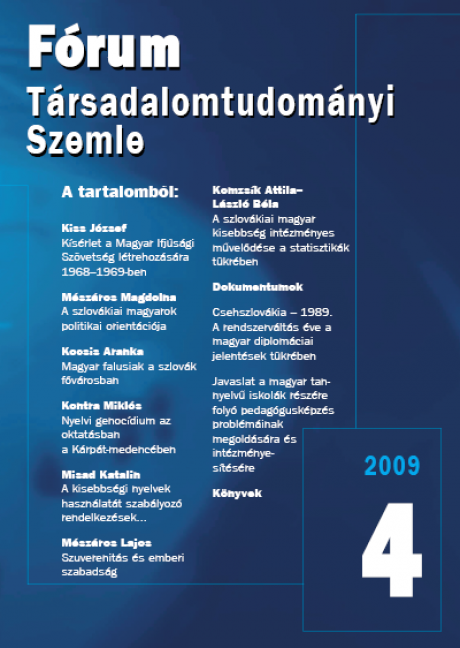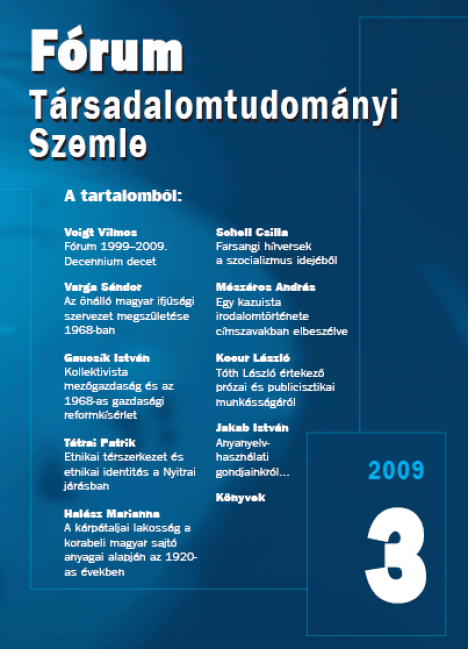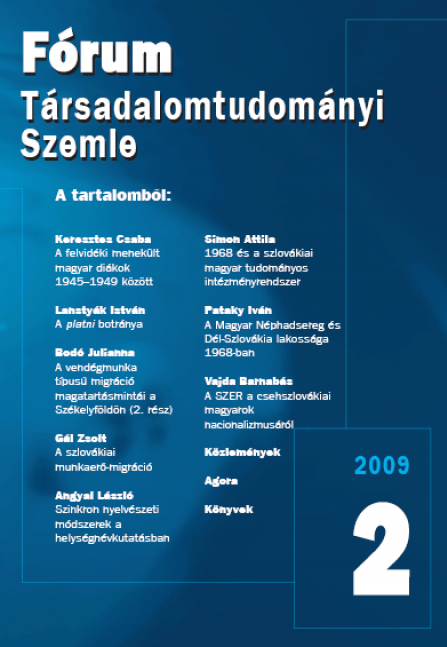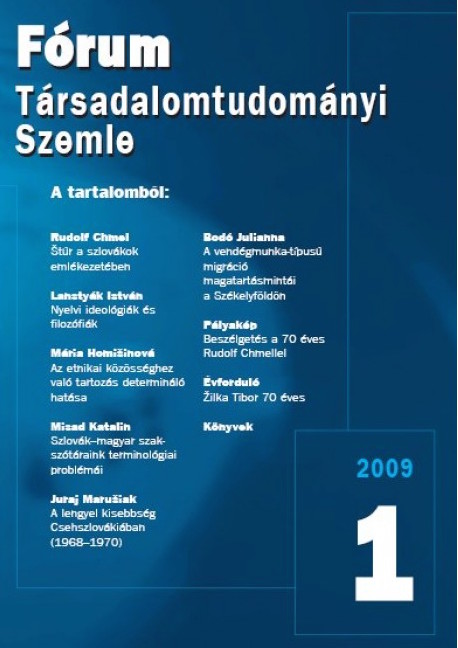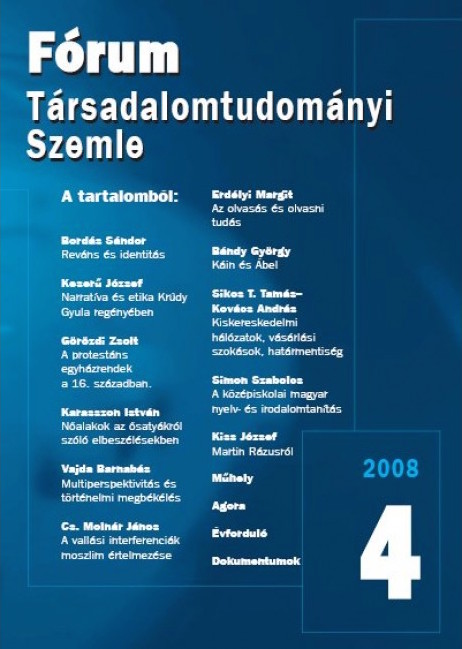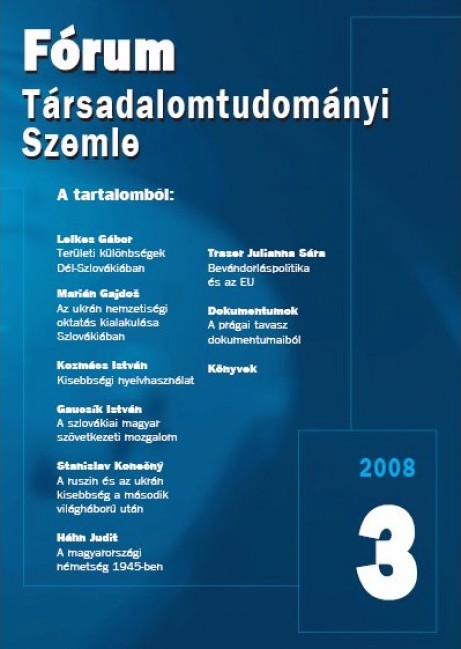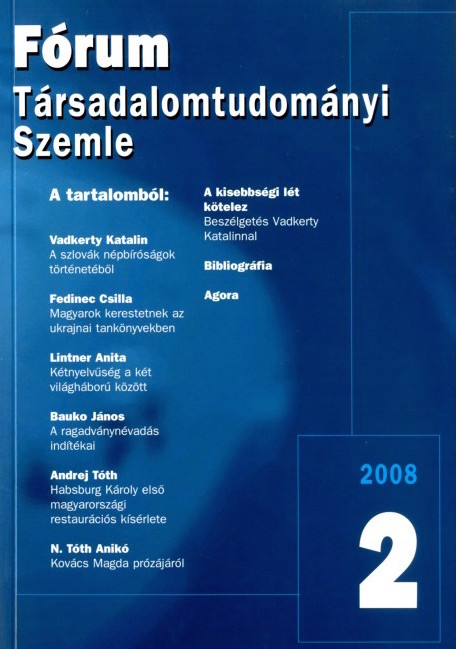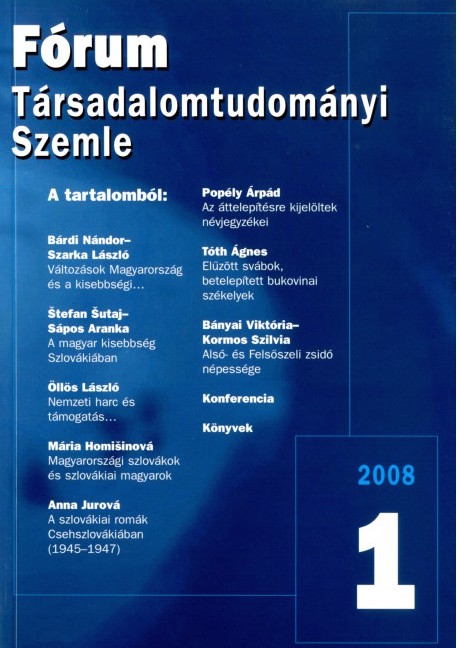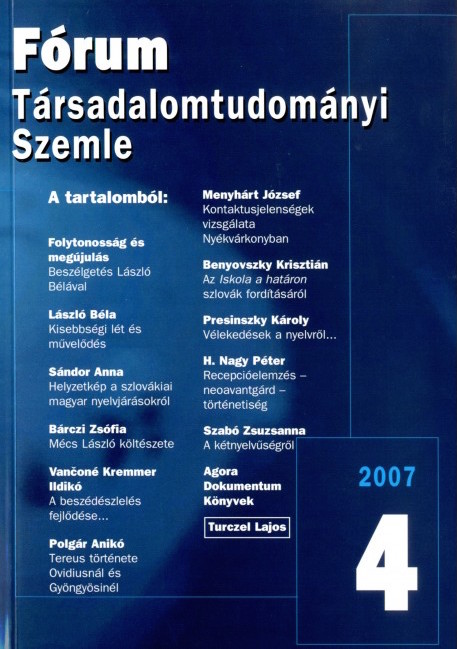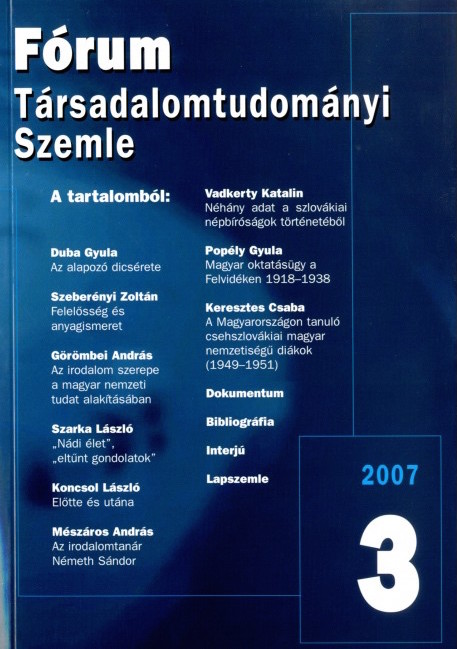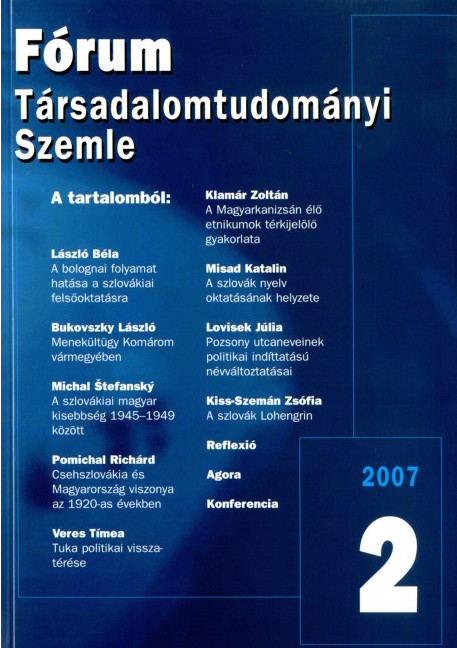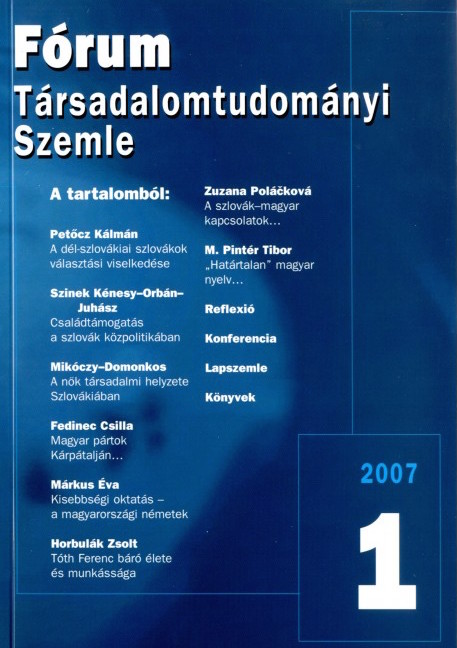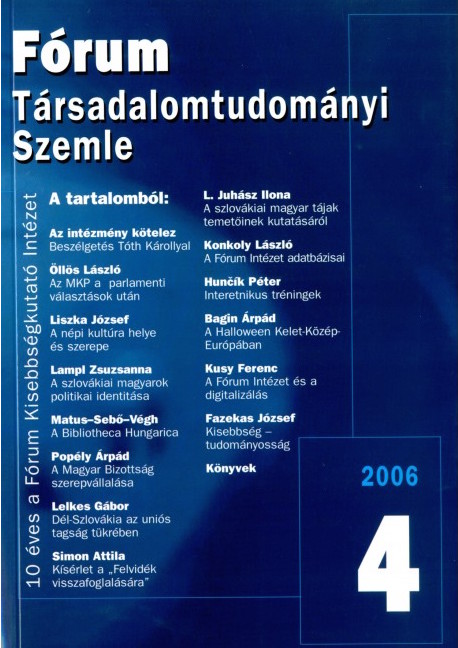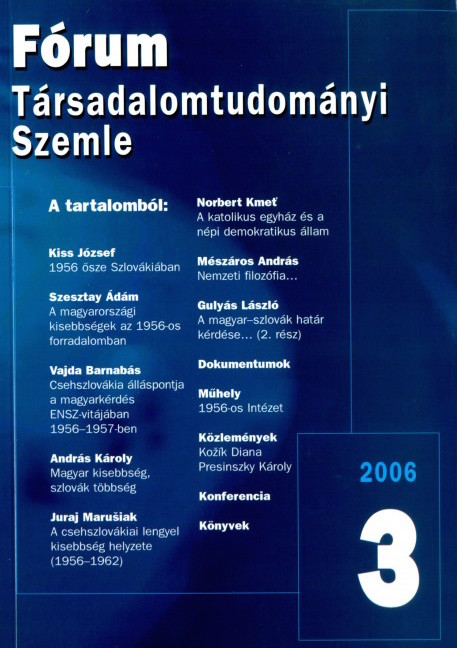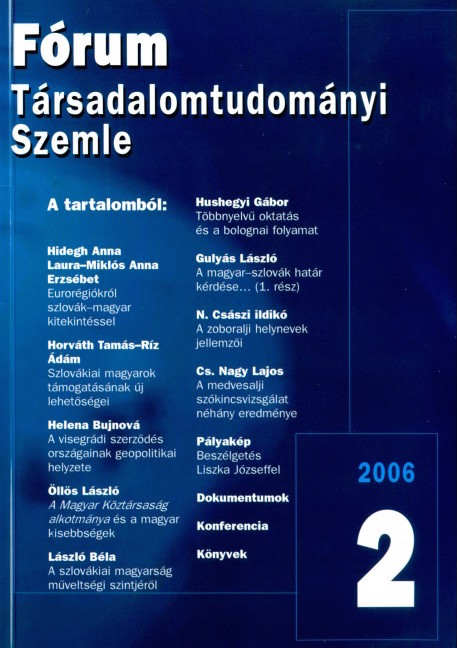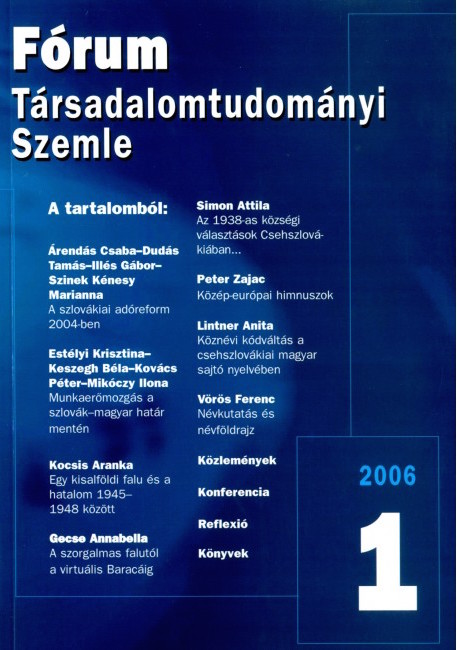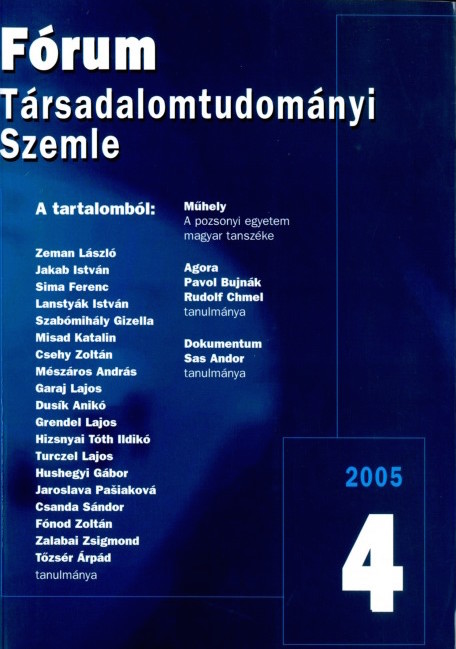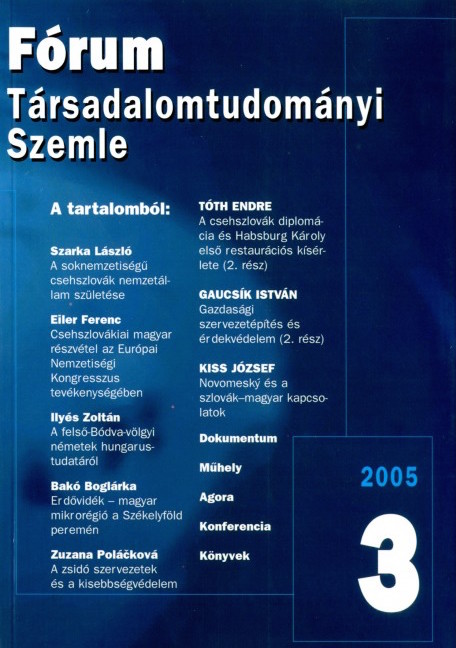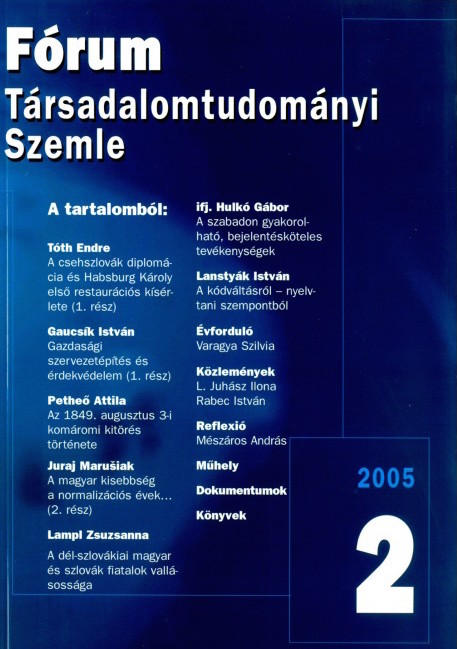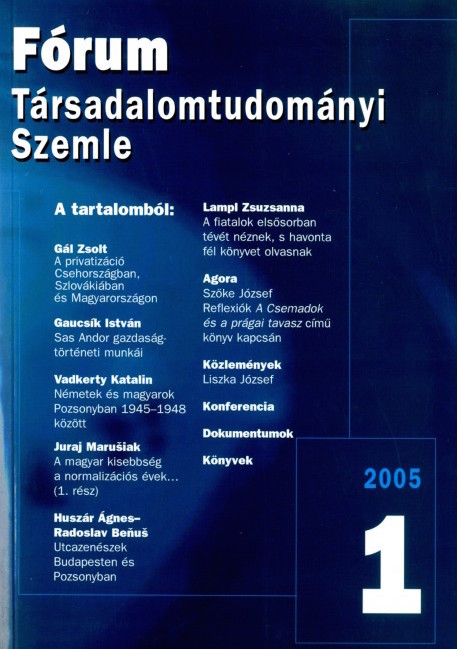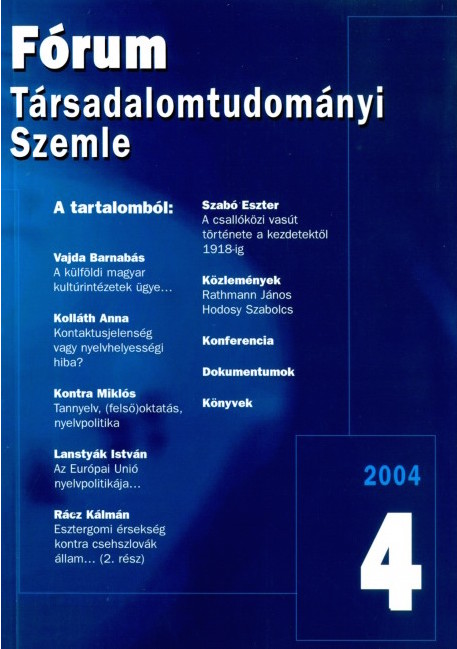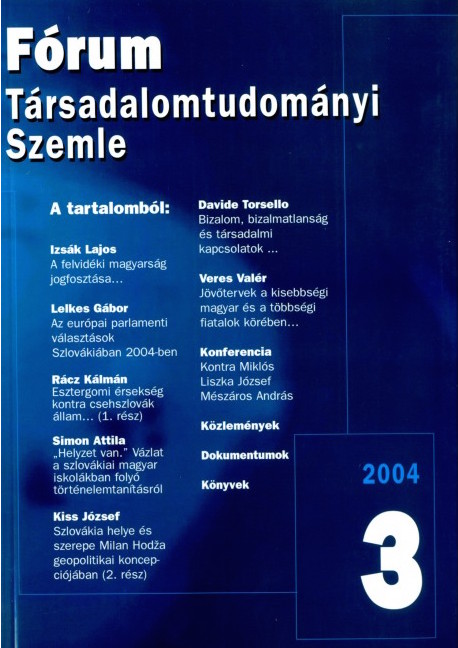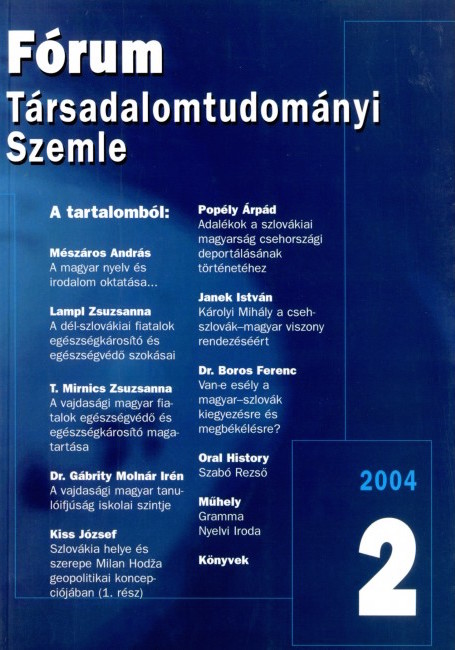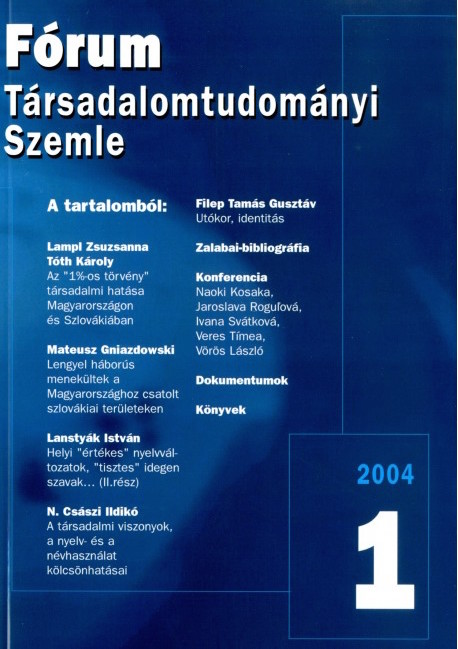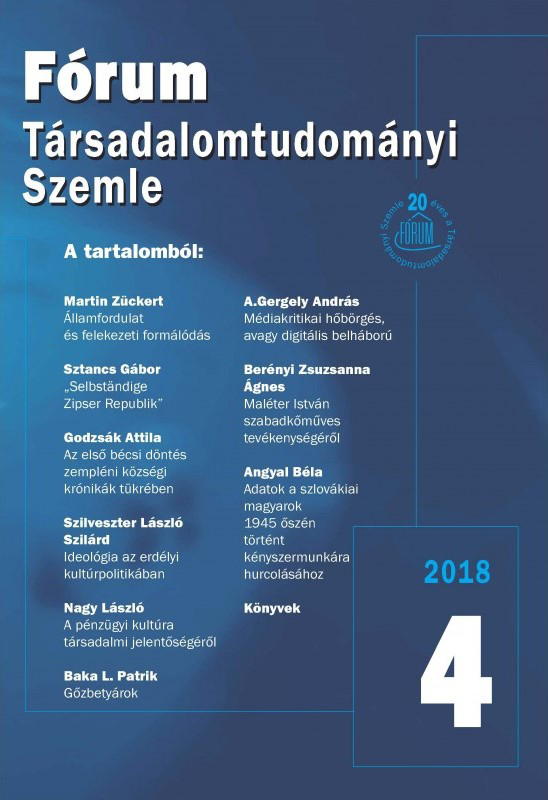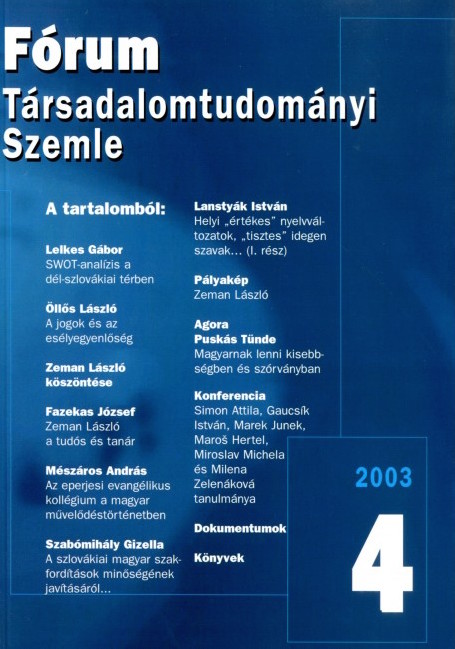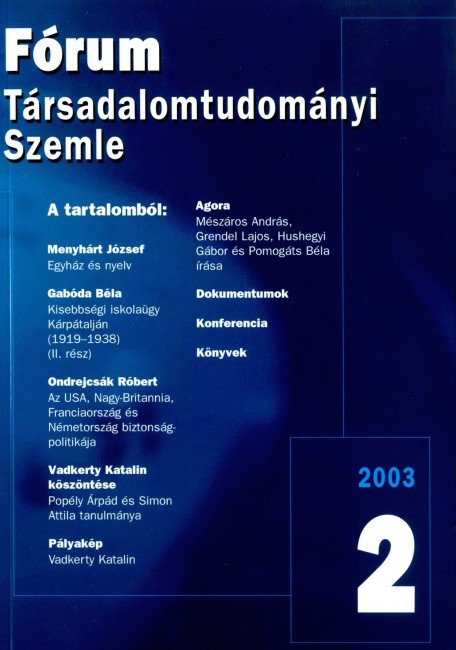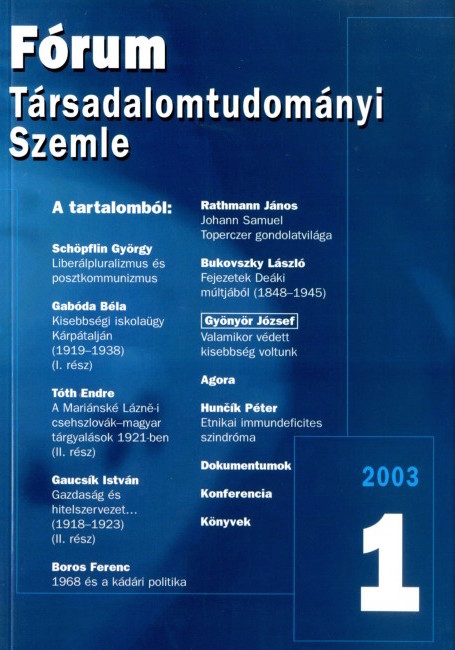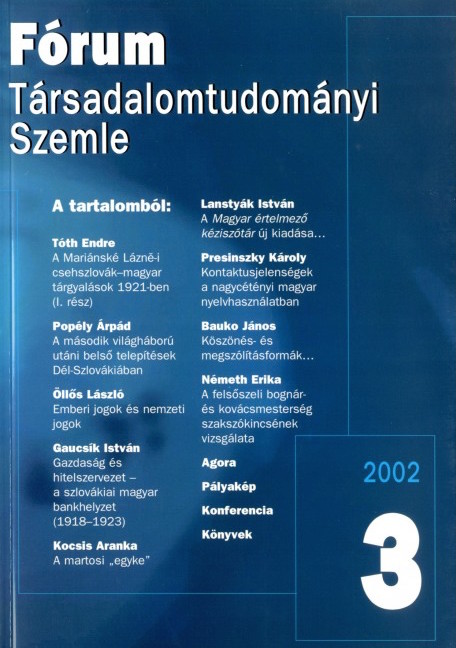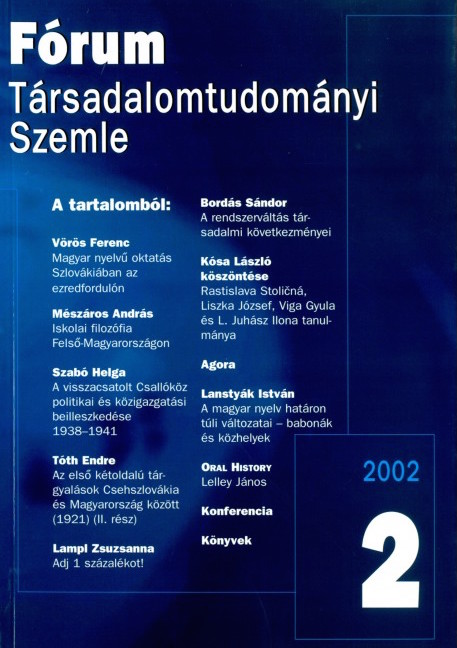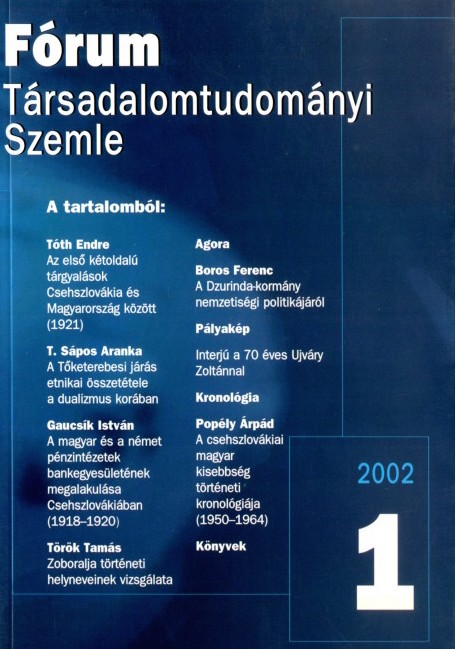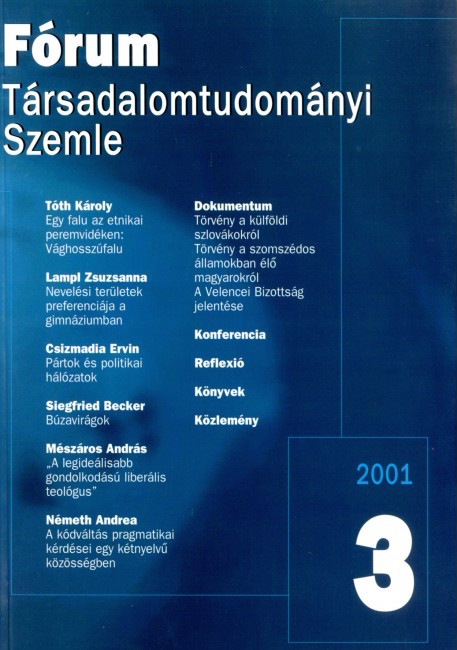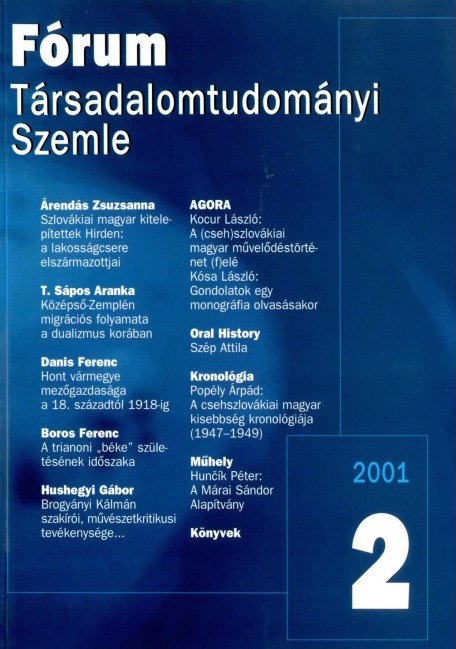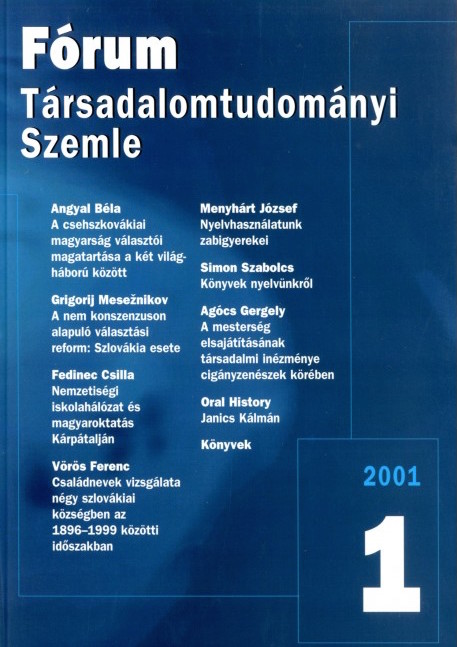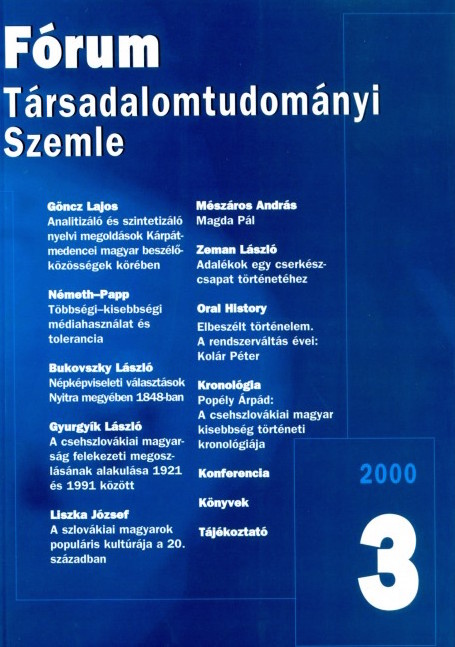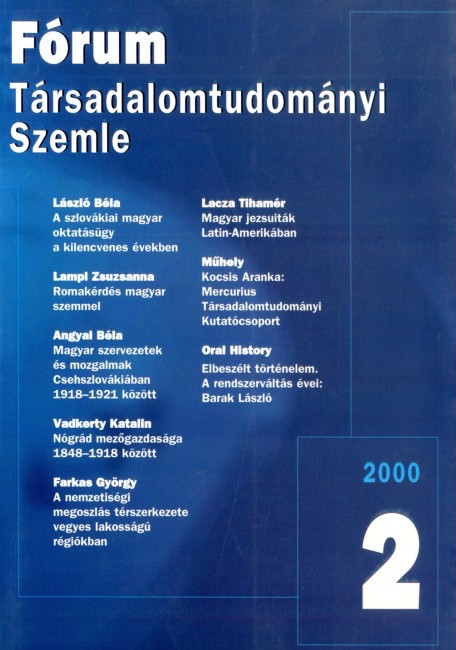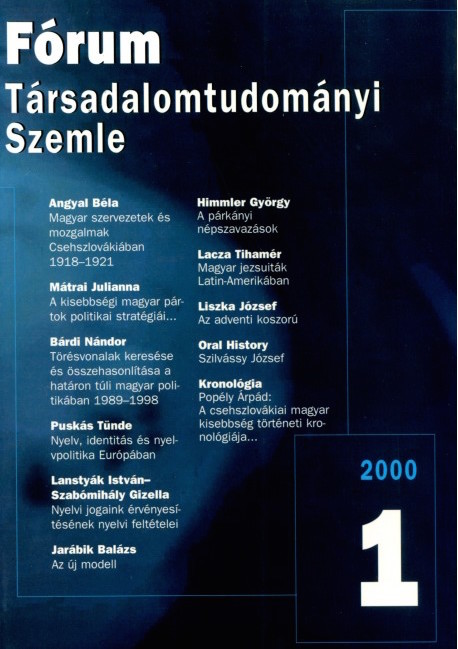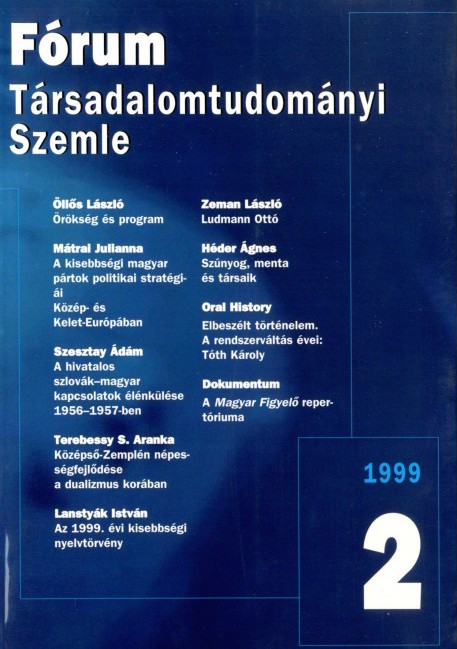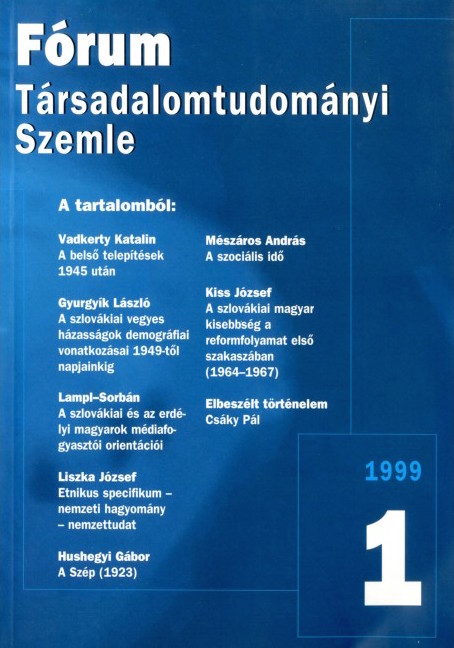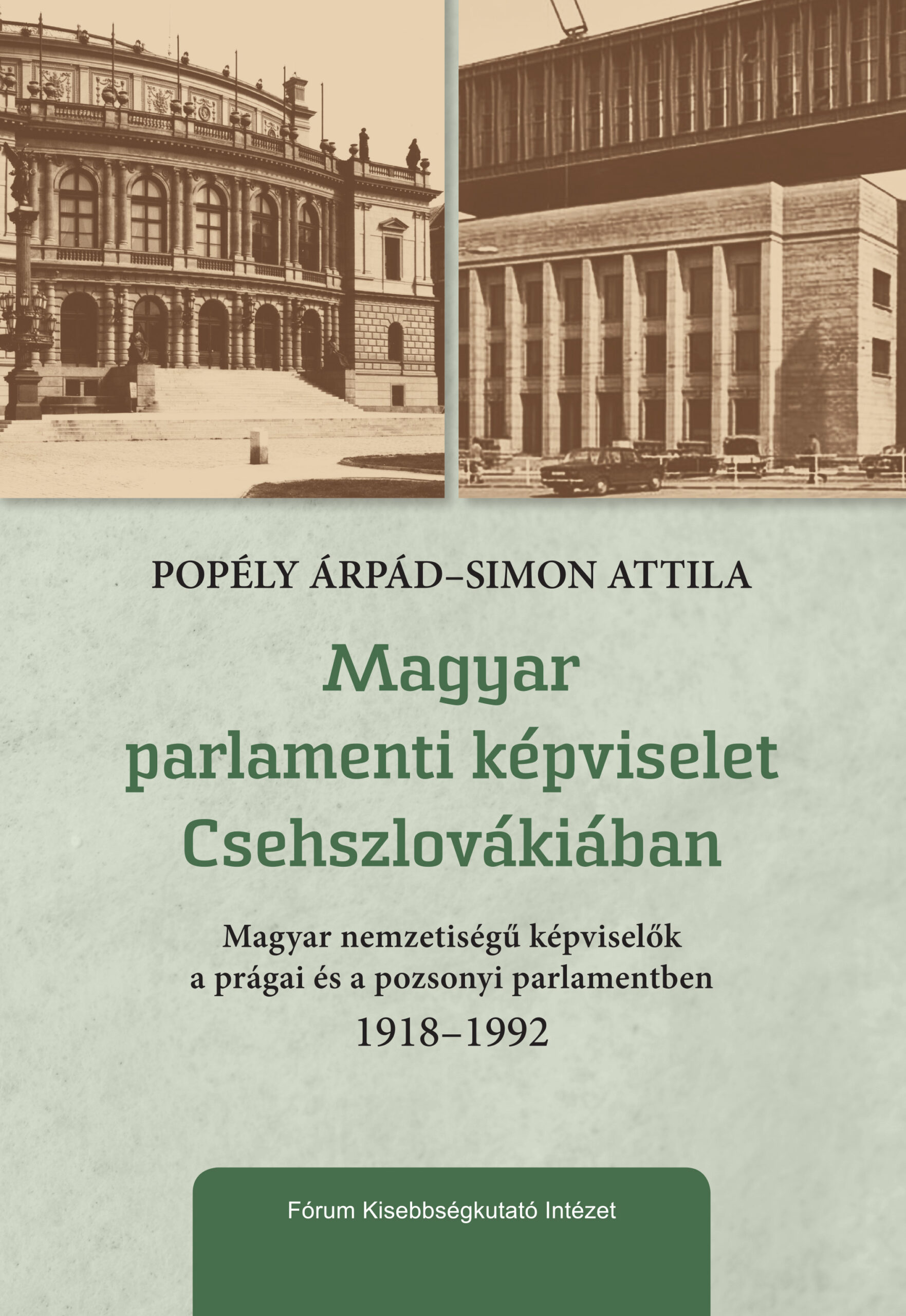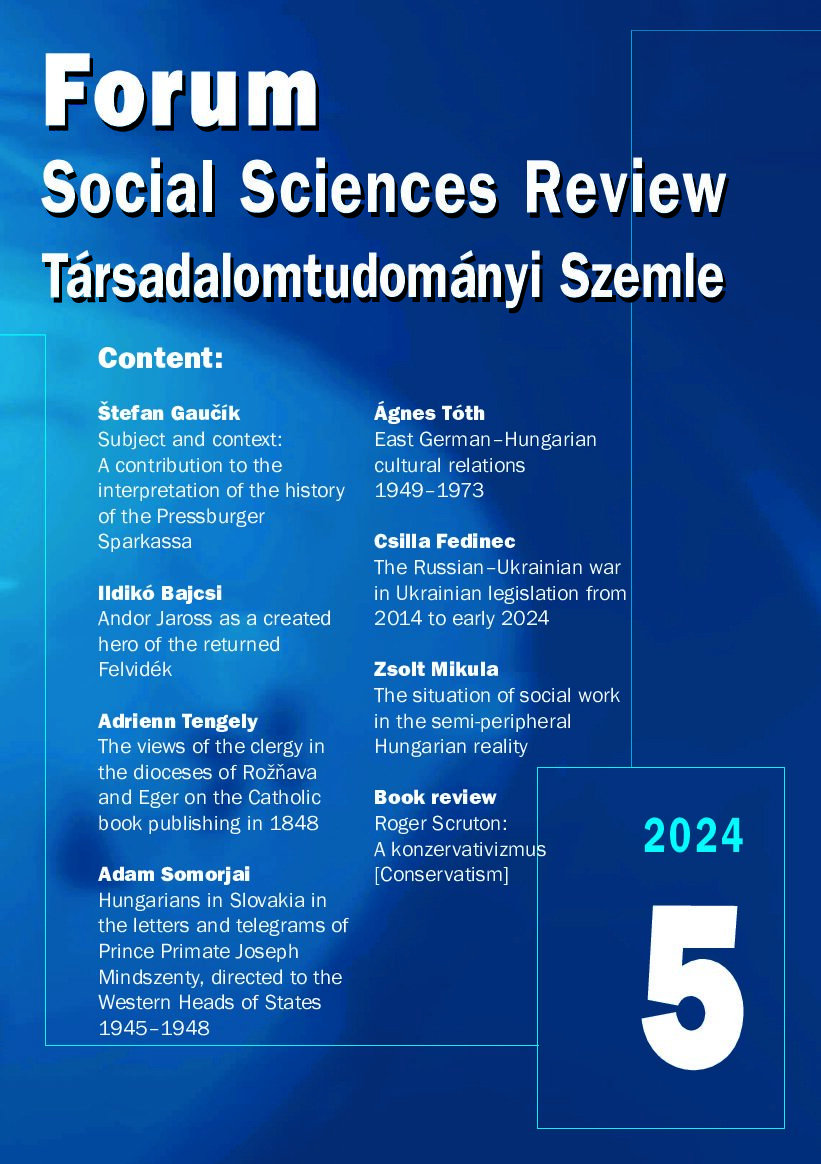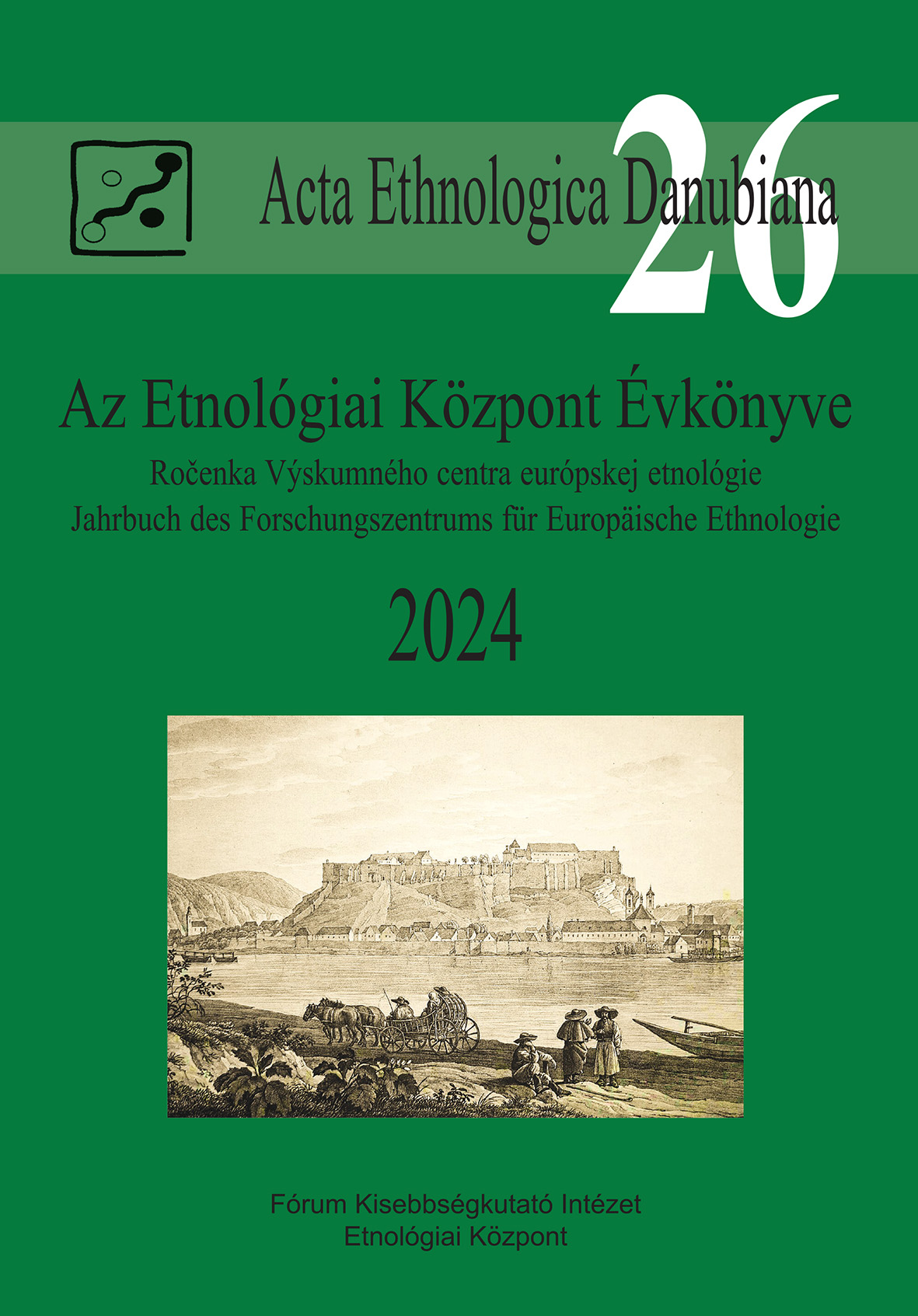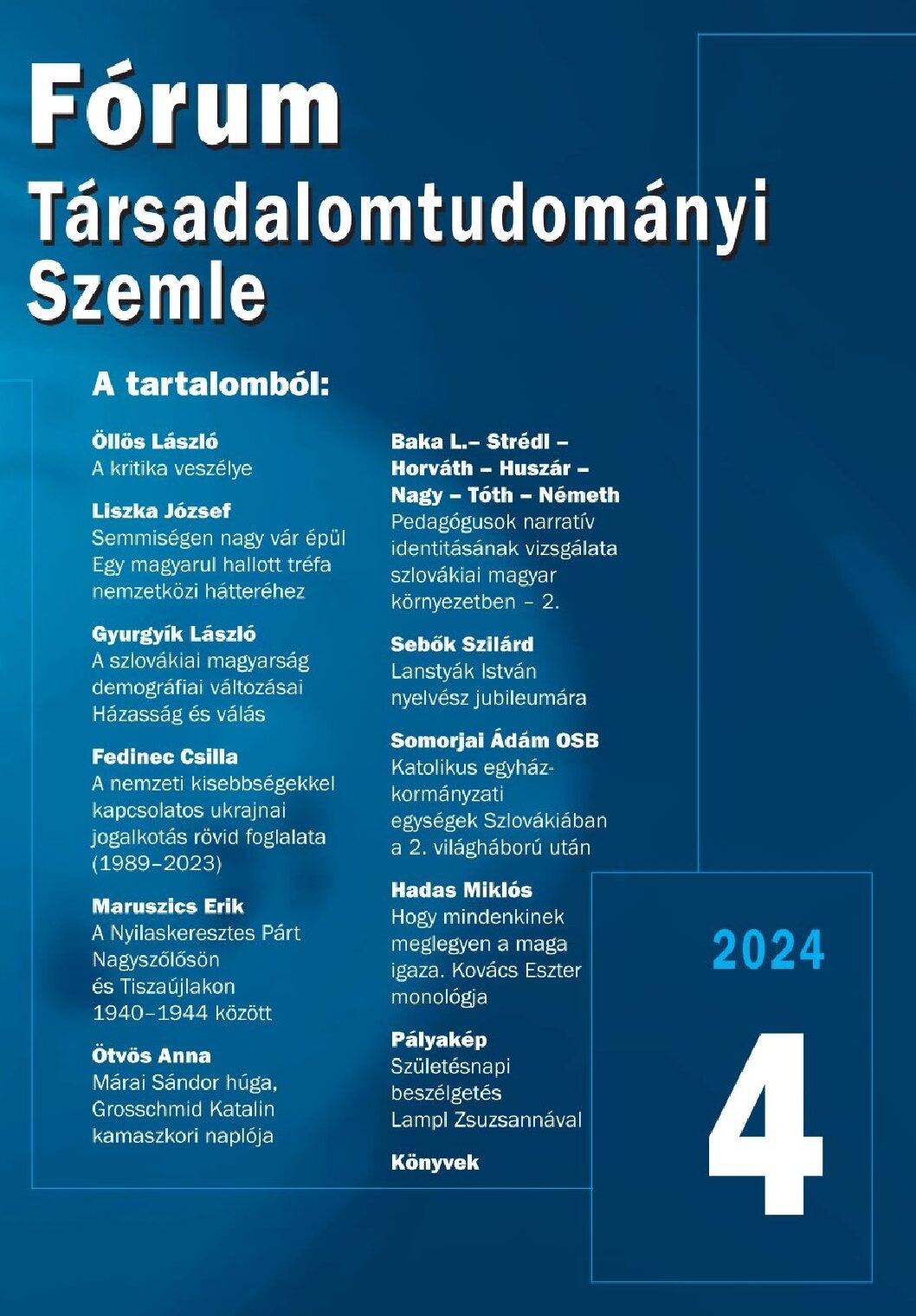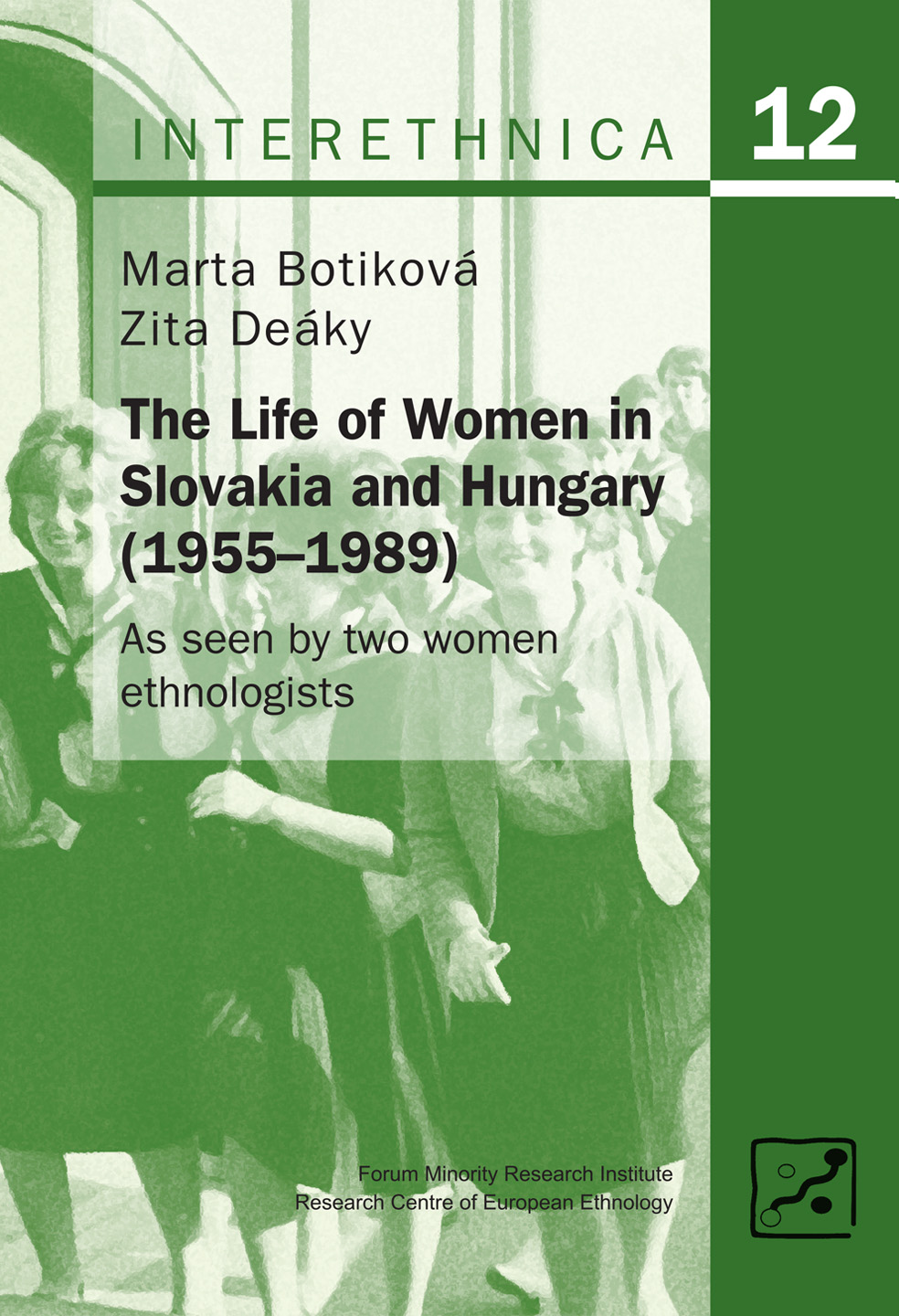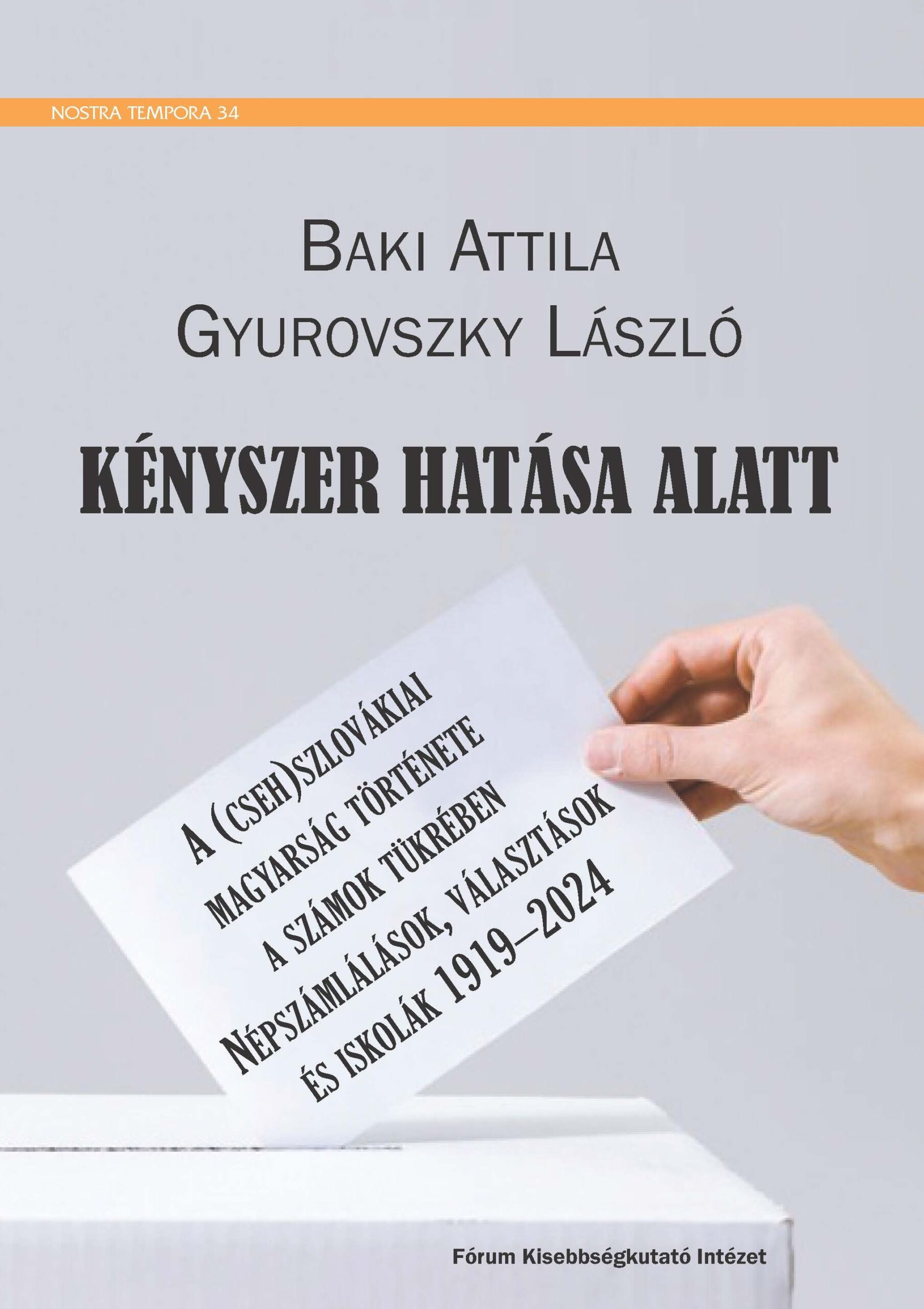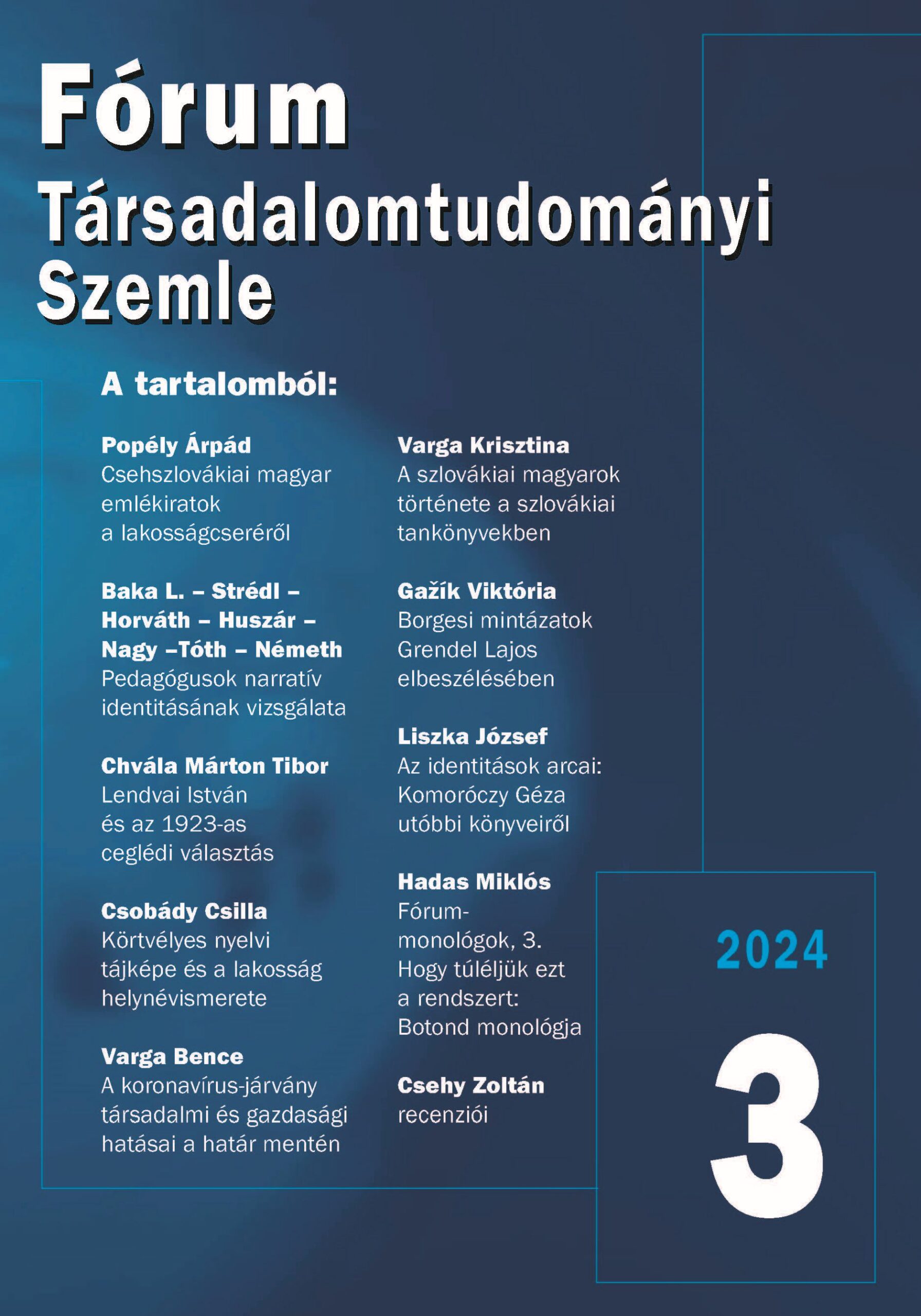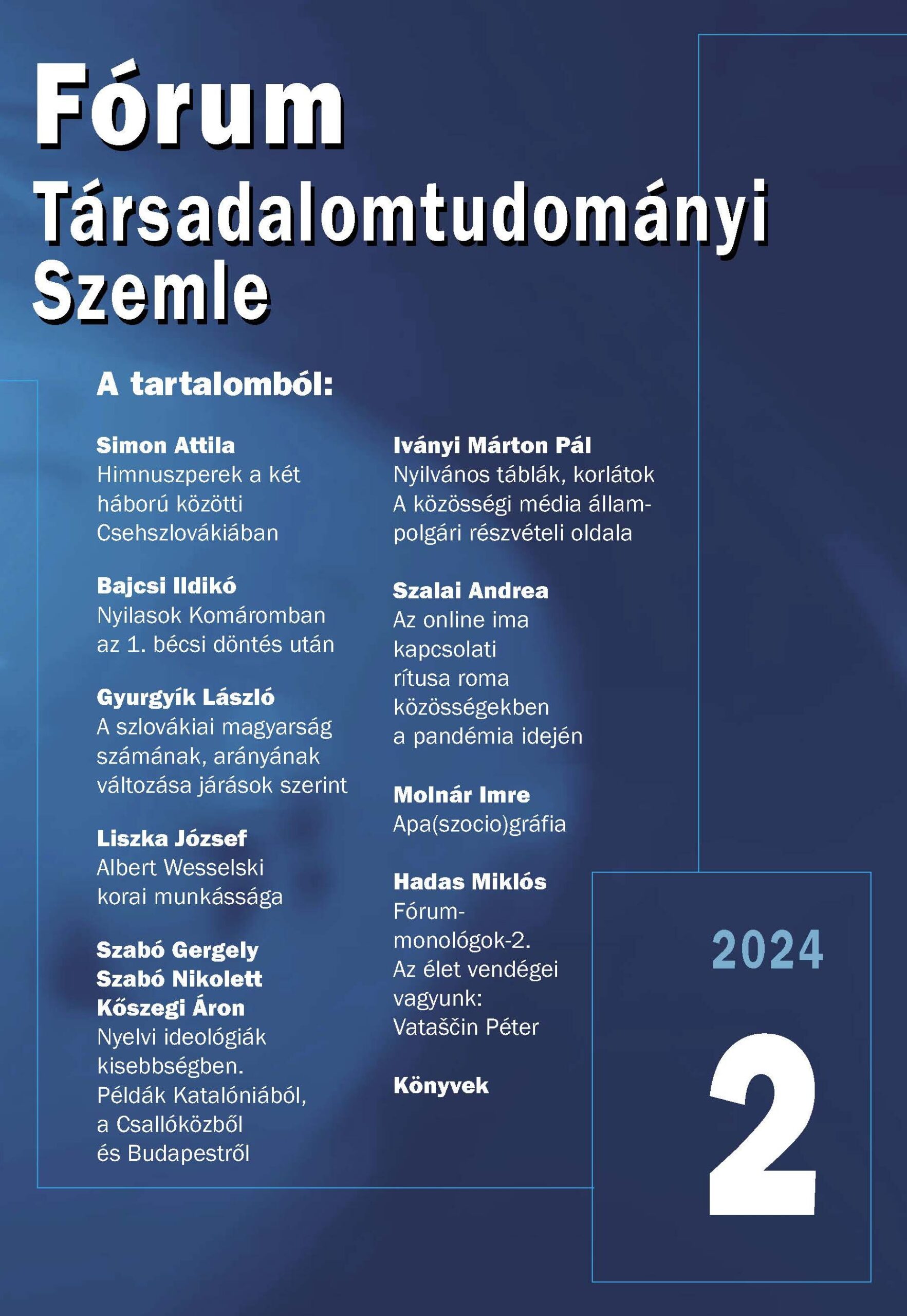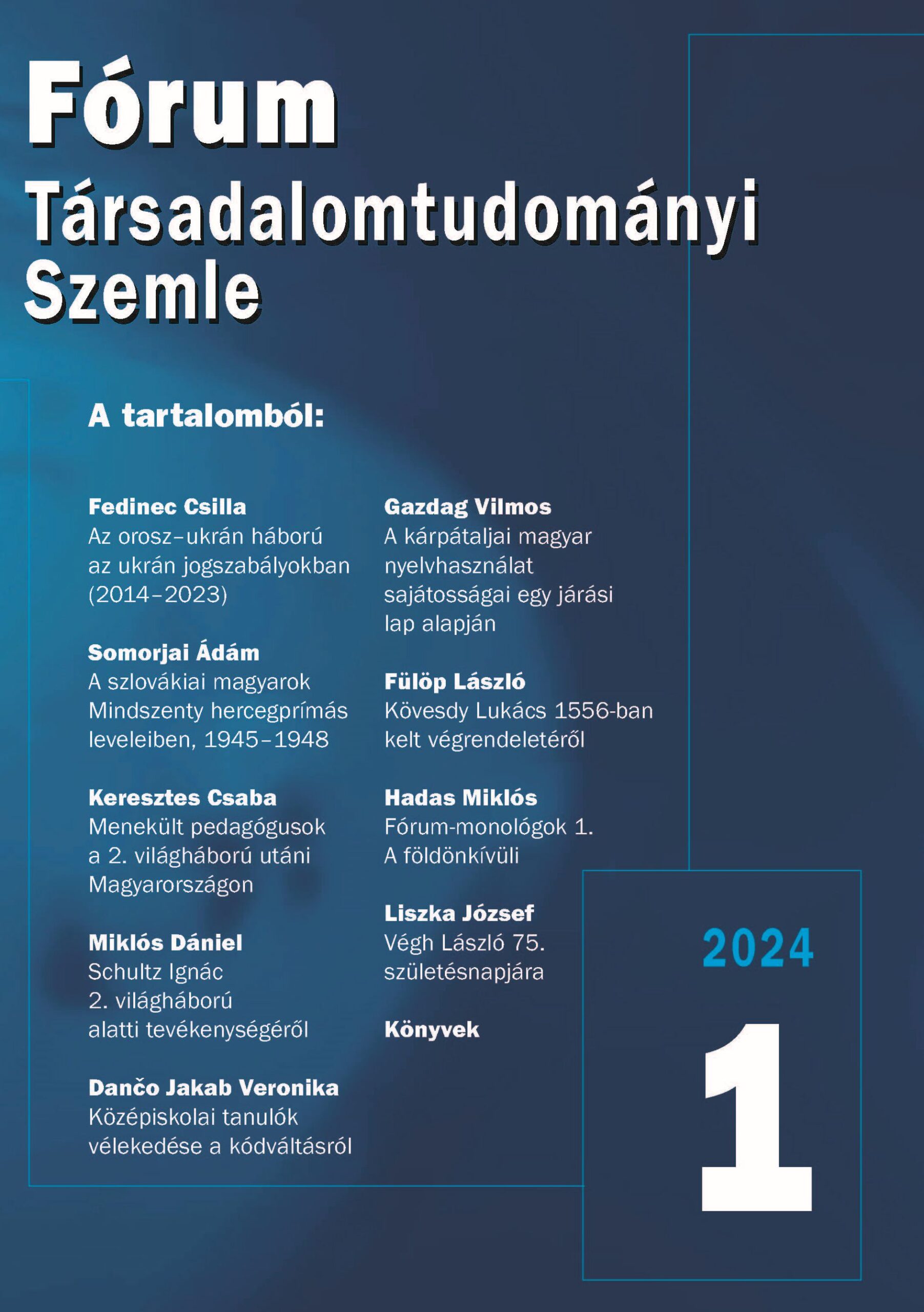Law of Ukraine on National Minorities (Communities) – Content Analysis
On December 13, 2022, the Verkhovna Rada of Ukraine adopted the law “On National Minorities (Communities) of Ukraine”. The law establishes the concept of “national minorities (communities)”, the rights, freedoms and obligations of persons belonging to national minorities (communities), the specific features of the state policy aimed at the realisation of the rights and freedoms of persons belonging to national minorities (communities). The study analyses how well the legislation meets these requirements.
Arrow Cross Movement in Ung County Between 1938 and 1944
There are many aspects of the history of Transcarpathia between 1938 and 1944 that are still under-researched, including the history of the far-right movements after the First Vienna Award. With the present study, I undertook to examine the activities of the Arrow Cross Party in a local scene in Ung County, using documents held in the Berehovo branch of the State Archives of Transcarpathian Oblast. The Arrow Cross movement practically arrived in the county with the territorial revision, and Uzhhorod was the first settlement where the first local branch of the party was established, during the period of military administration. The situation of the movement was largely determined by the restrictive measures taken by the local authorities until the German occupation of Hungary. The political changes at the national level and the control of the authorities brought the party almost to the brink of cessation in the county by 1943. After the German occupation, however, the movement was revived and became active in Ung County.
Political Participation in the Drafted Law on National Minorities
The Office of the Slovak Plenipotentiary for National Minorities is currently preparing a law on the status of national minorities. The working group is drafting the bill on a section-by-section basis. So far, two parts of the draft law—the preamble and general provisions—have been discussed. The working group has also begun to consider the background material for the other parts of the draft, which are intended to define the institutional arrangements for the exercise of the rights of national minorities, the monitoring of compliance with them and the participation of national minorities. This article will focus on the analysis of the participation of MPs belonging to national minorities in the Slovak Parliament, which is envisaged in the Legislative Intent of the National Minorities Act and proposed in the working group’s background material on this topic. First, however, I will look at what is meant by political participation in social sciences and in the practice of international institutions dealing with the rights of national minorities.
Letter of Dr. Géza Grosschmid to the City Housing Office of Košice, 1919
On 23 June 1919, Dr. Géza Grosschmid, a lawyer and legal advisor in Kassa (Košice), wrote a letter to the Municipal Housing Committee requesting that their family house in Mészáros Street be exempted from public ownership. In his petition, he discusses in detail the history of his and his wife’s family, their financial situation, their housing conditions, and also summarises his own biography, which also reveals the little-known career of Grosschmid, who later became a politician, before 1919. The information in the document also contains valuable details about the family and their house. The letter is accompanied by a questionnaire filled in by thousands of homeowners during the Soviet Republic on the socialisation of their houses.
Stages in Andor Sas’s Teaching Career
In this paper, I have primarily tried to give an overview of Andor Sas’s pedagogical activities, but I could not ignore—at the level of mentioning—his scientific and translation activities as a high school teacher, then as a college and university lecturer, and his most important works as evidence of this. His works in history, literary and intellectual history, archival and economic history are currently awaiting evaluation or re-evaluation, while stimulating new research based on multiple approaches.
Andor Sas and the Hungarian Literature in (Czecho)Slovakia
The subject of this article is the emergence of the problematization and evaluation of Hungarian literature in (Czecho)Slovakia in the work of Andor Sas (1887–1932), especially in his work as a critic. Sas’s works were created in ideologically infected times, and this is also reflected in the language and perspective of the texts. Sas primarily dealt with the Hungarian literature in Slovakia in his journalistic critical texts, cultivating what is known as pedagogical criticism. In the memory of his contemporaries, he lives as one of the most significant shapers of minority literature, as a supporter of young talents, but based on his remaining writings, this exceptional role is dwarfed. In the 1950s, Sas showed himself to be a supporter of literary Sovietization, and most of his literary political texts can be interpreted as a demonstration of loyalty. On the other hand, Gyula Duba’s discovery as a writer is proof that he was also able to assert more serious aesthetic points of view.
Posthumous Publications of Andor Sas
This paper deals with three important book and journal publications of Andor Sas, the well-known Hungarian author from Slovakia after his death, their afterlife, and their evaluation. The cited attested sources can further clarify the author and his life’s work, which are erroneously or not factually recorded in the common knowledge. According to this paper, the most valuable part of the author’s lifework is probably his research on economic history, although the most important work published in this field is described by the profession as an archival review. It would also seem useful to compile a bibliography of the Sas-reviews of the early 20th century.



